With each new generation comes a group of new or recycled words to use. Imagine a high school student and a 1977 graduate talking to one another. The vocabulary used by each of them would be completely different or include similar words with different meanings. Slang is a big contributor to defining generations as a specific era or period.
Jason Lathrop is an English teacher at Silver Creek High School who hears many different words being thrown around from day to day.
“As an English teacher, I love language, and so I like to hear the way people are using it,” Lathrop said. “So I’ll say, oh, they’re using it as an adjective there, or they’re using it as a noun, or something like that, I actually make note of it.”
Being around high school students most of the week means Lathrop hears new words and new ways high school students use them a lot. He isn’t bothered by the untraditional ways though.
“I think all languages [are] interesting,” Lathrop said. “There’s an inventiveness and a cleverness to slang to if you’re open to appreciating it.”
Slang isn’t necessarily a bad thing even though it could be seen as unconventional or ridiculous. It is actually very helpful for connecting to others and inspiring creativity.
Calissa Buckingham is a student at Silver Creek High School who will graduate in 2028. As a student today, she hears and uses many slang words such as “for real,” “tweaking,” and “cooking,” to name a few.
“I think the way that slang is introduced and changes is mostly through social media and in older generations, it could have been through social settings like schools or maybe parties,” Buckingham said.
For newer generations, going viral on social media is how new slang becomes known. It’s the first step for a word becoming popular because of how widely spread it becomes. When a new word is shared and used, it contributes to the definition of the generation.
“Slang [defines] cultures and generations because it reflects who we are as a society and how we choose to express ourselves,” Buckingham said.
Different generations can be classified based on the most popular vocabulary in the time period. Slang is impactful when it comes to how future generations and older generations view others using it. However, using slang from other generations can sometimes be viewed poorly in more recent times.
“Slang from older generations is viewed as outdated or old because it [was] used during a certain time period, and it’s kind of like how clothing trends come in and out and can be recycled decades later,” Buckingham said.
If a phrase or word is trending, you are more likely to hear it than a word from a much older generation. This creates a natural separation between ages just because they don’t use similar vocabulary.
Larry Scott graduated high school in 1977 and used many slang words such as “groovy”, “boogie”, “boss”, and “far out” all to mean some level of cool. He explains how many of those words would not be seen as very groovy today.
“Today, if you used groovy…people would just laugh at you,” Scott said.
The change of vocabulary over a period of time is very drastic and it is widely known that using older slang words aren’t popular or practical anymore. Another main change was how slang became popular in the first place. Scott explains that the show Laugh-In was the main way new words were introduced when he was in high school.
“Everyone would just watch that, and then the next day you’d be hearing those words,” Scott said.
Before social media, slang would be spread more in person but still on technology some of the time. Television shows that were widely known were a good way to share a new phrase to many people quickly.
There are many things that separate slang in the 1900s from present day including how it became popular, how it is viewed, and how people see others using it.
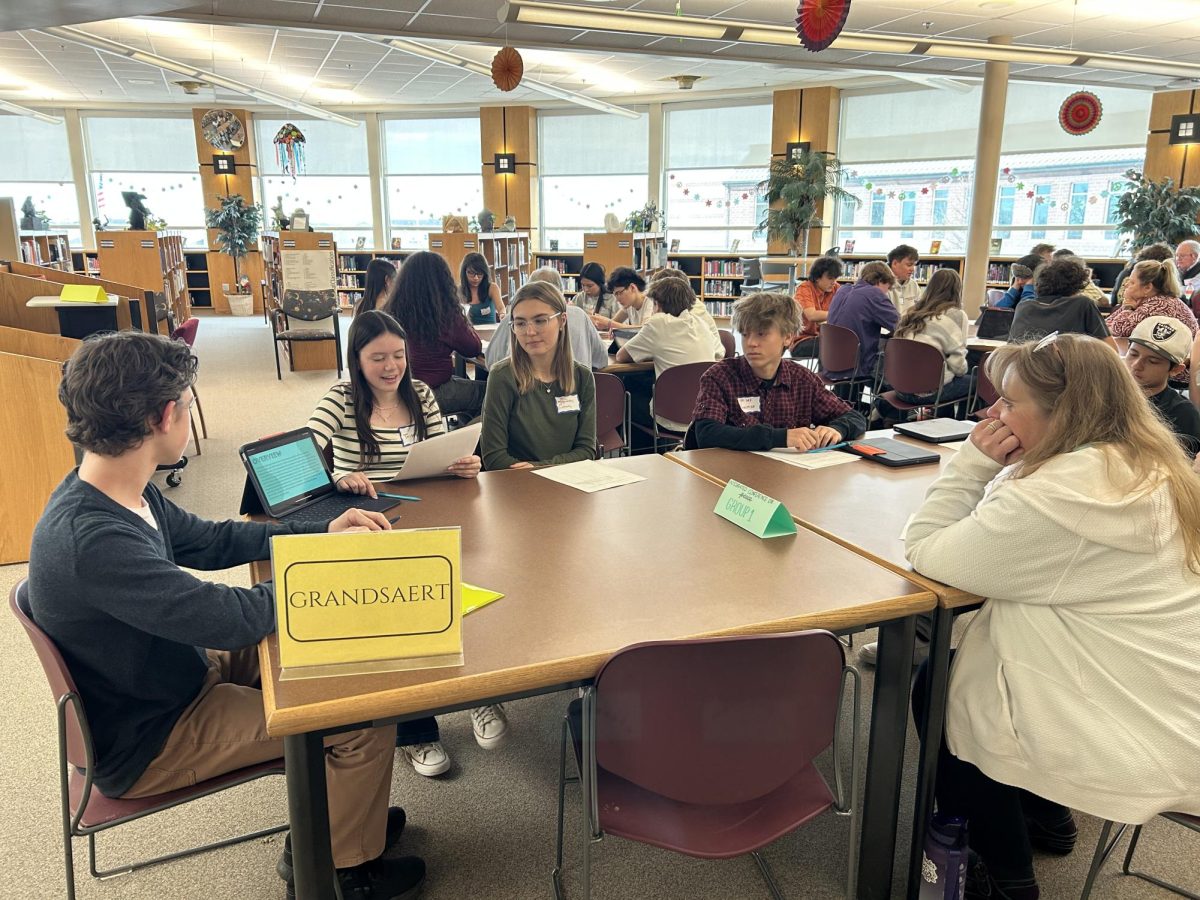
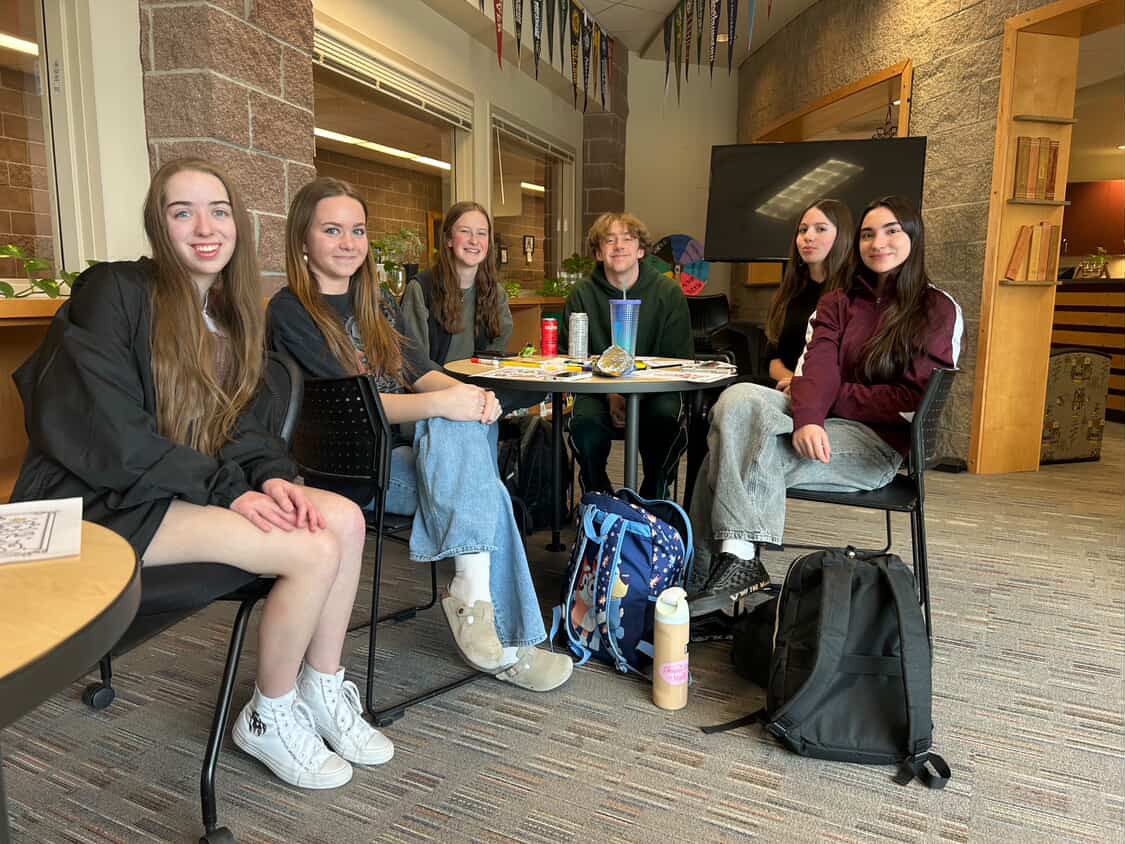
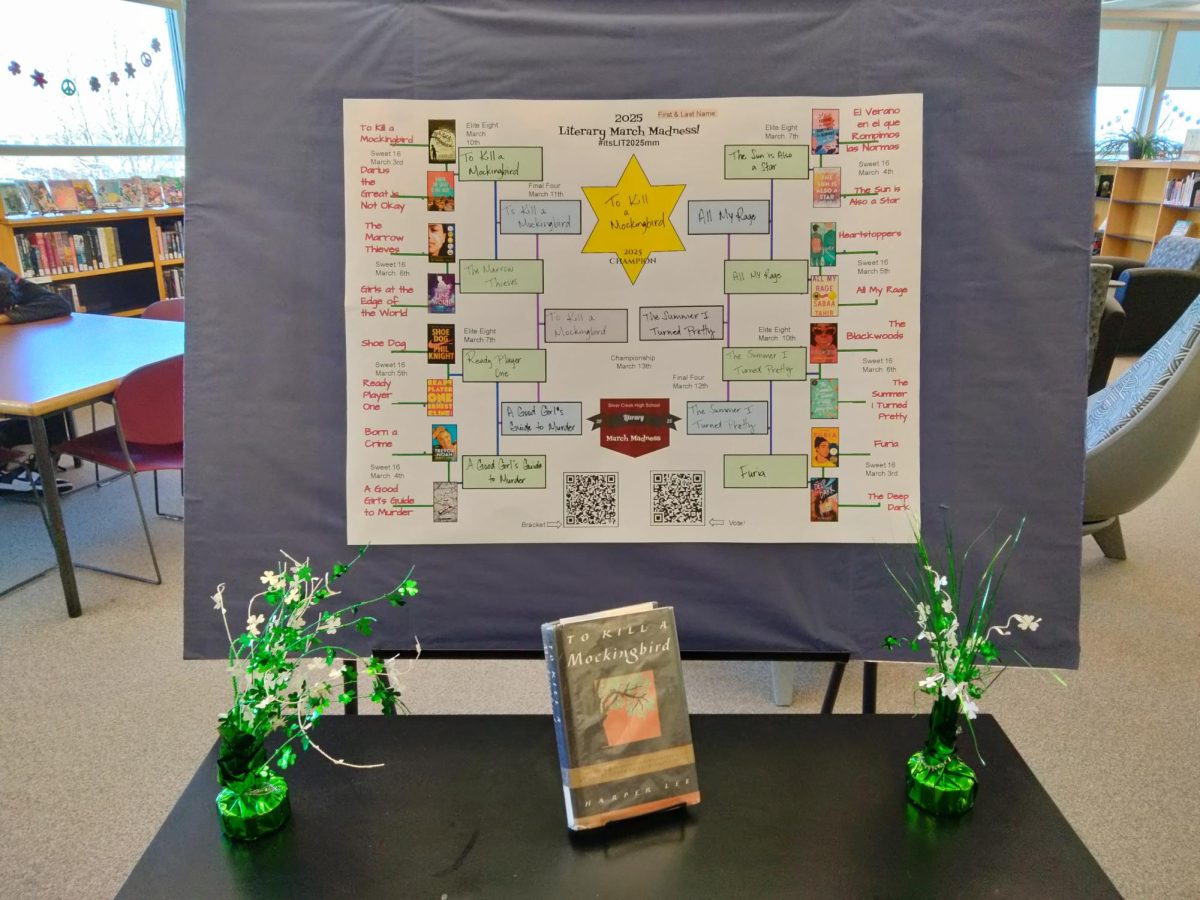
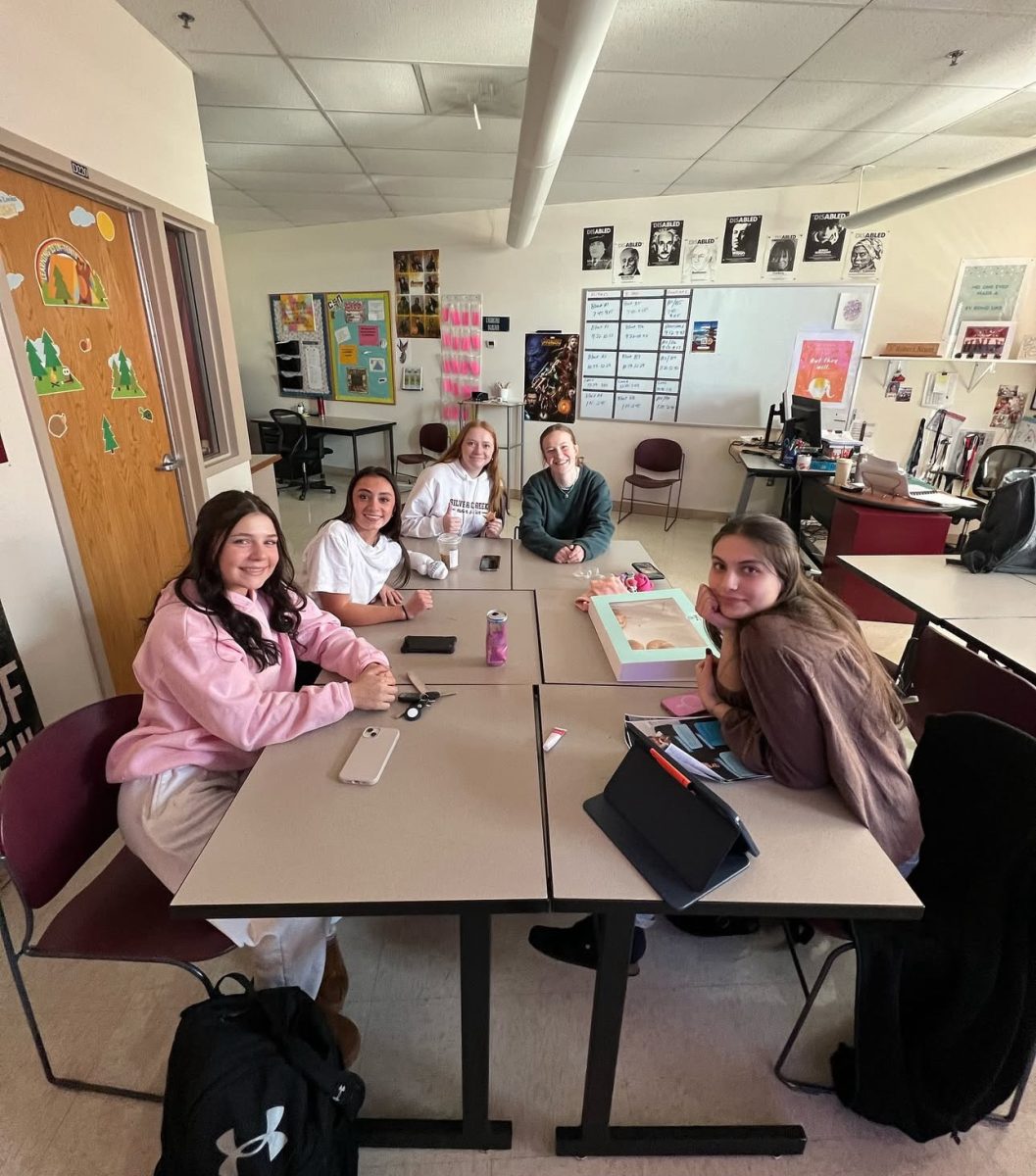

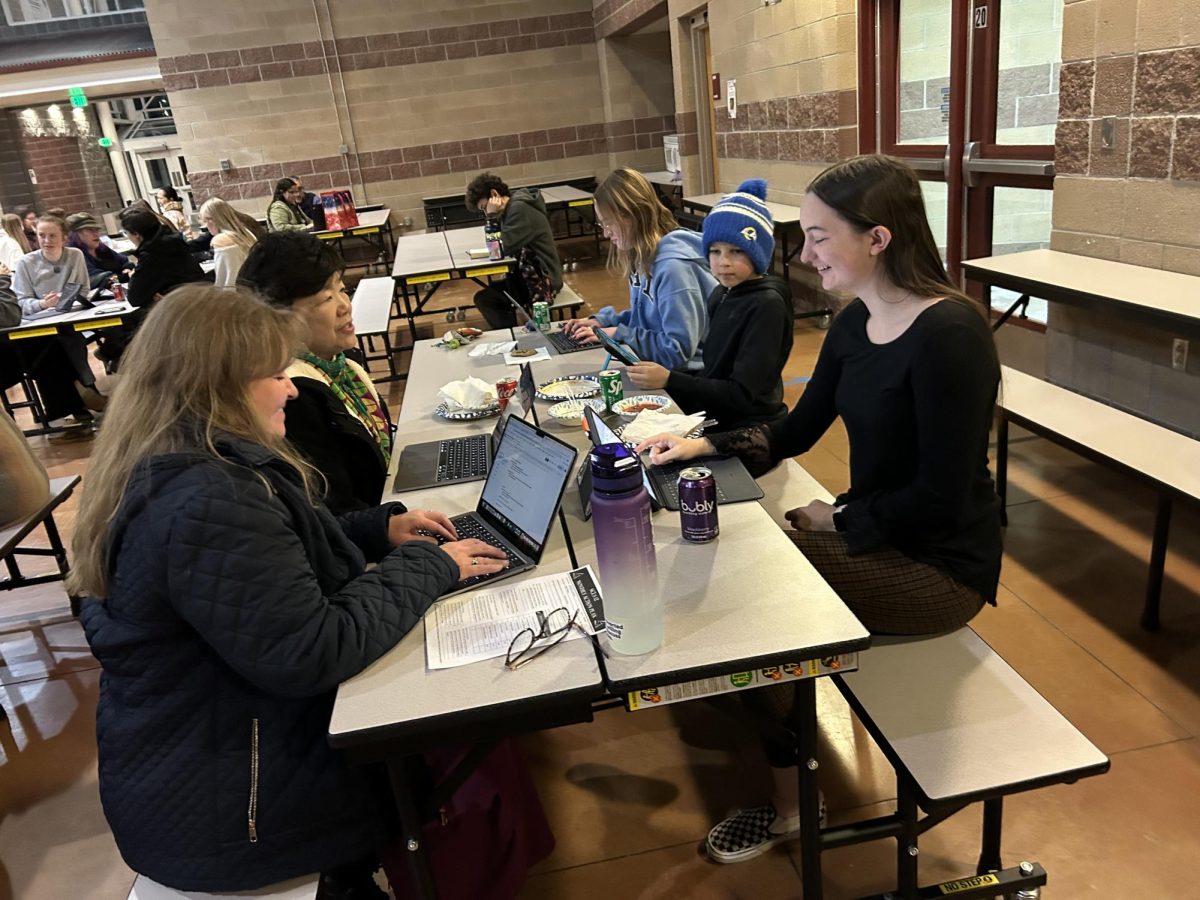
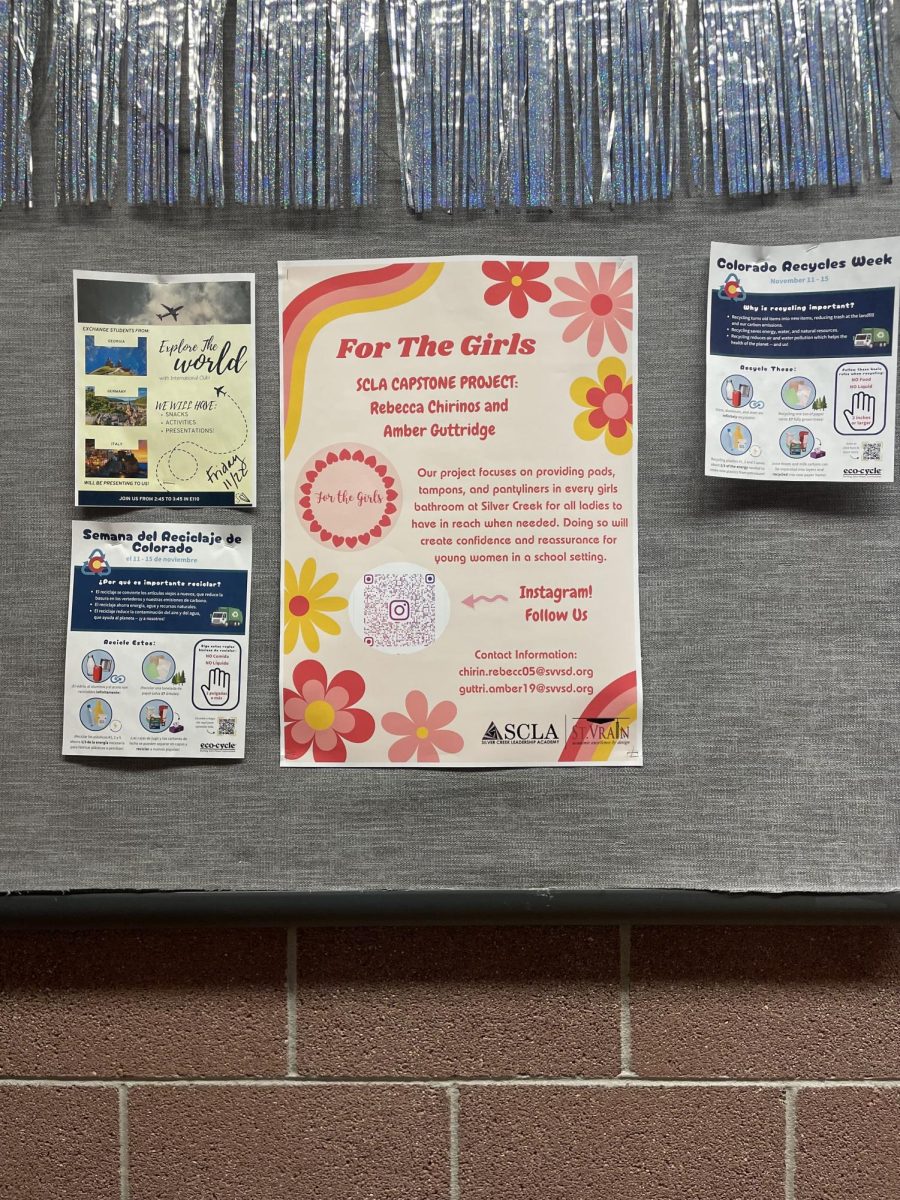
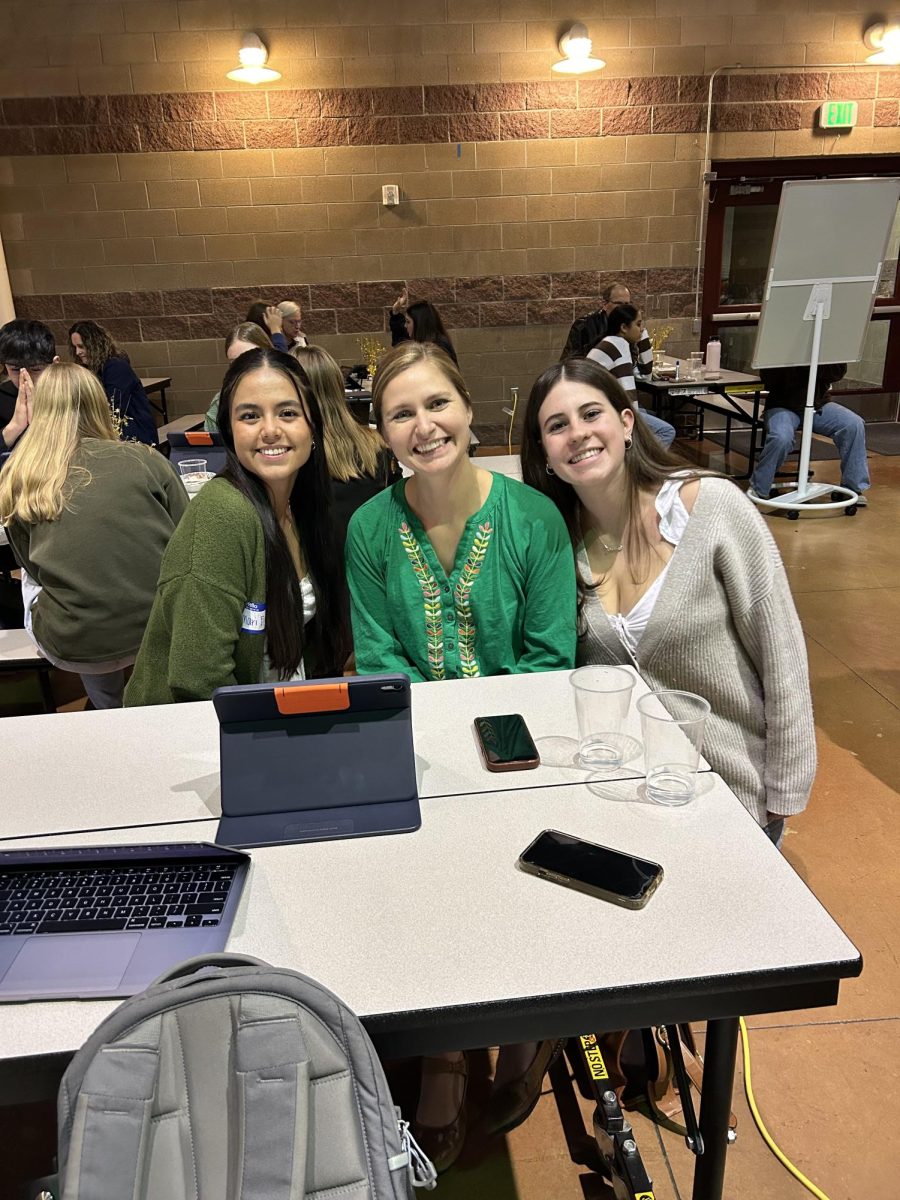
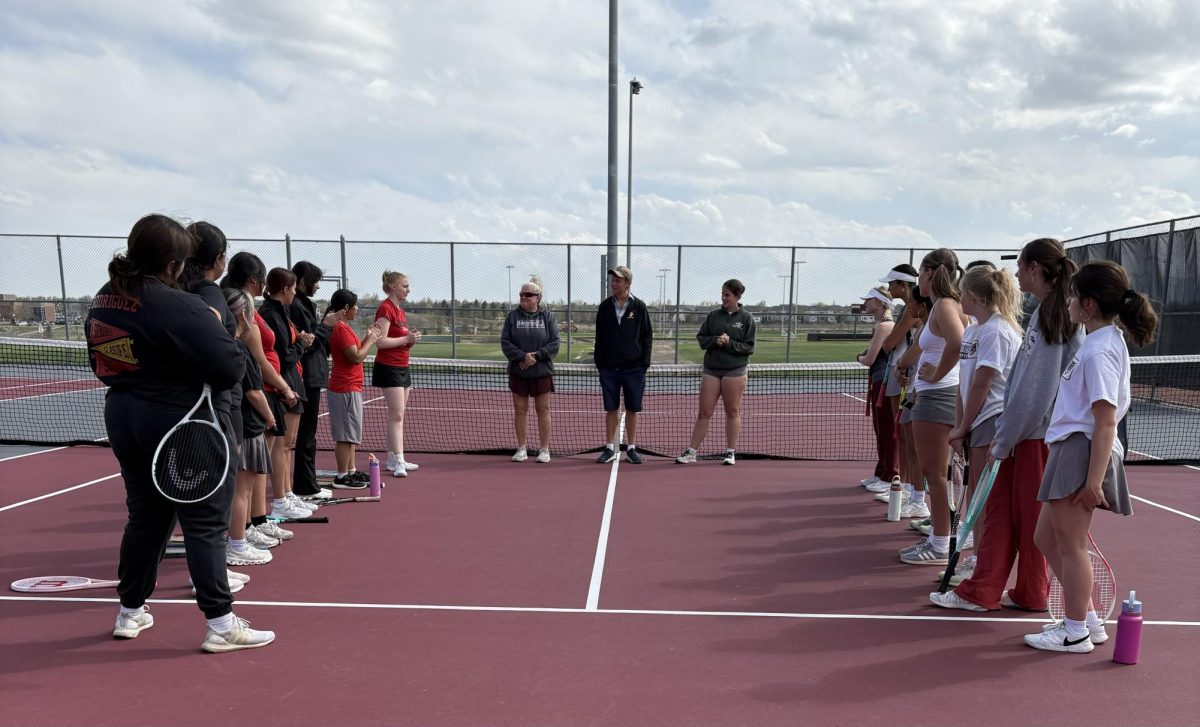
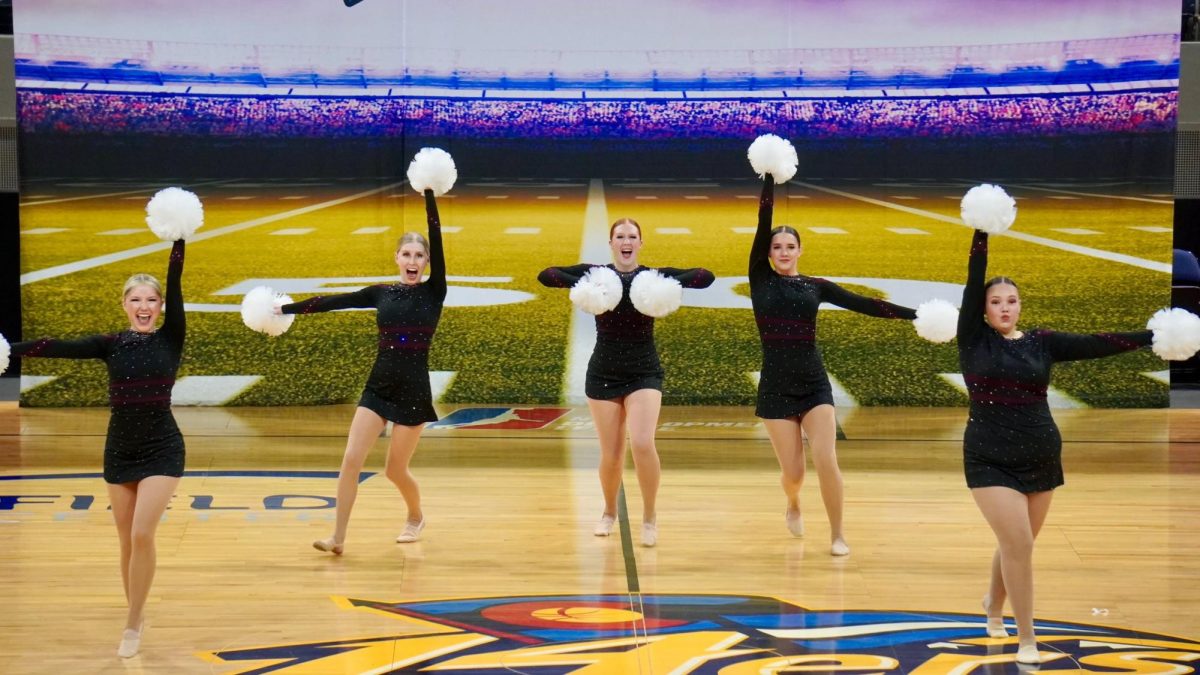
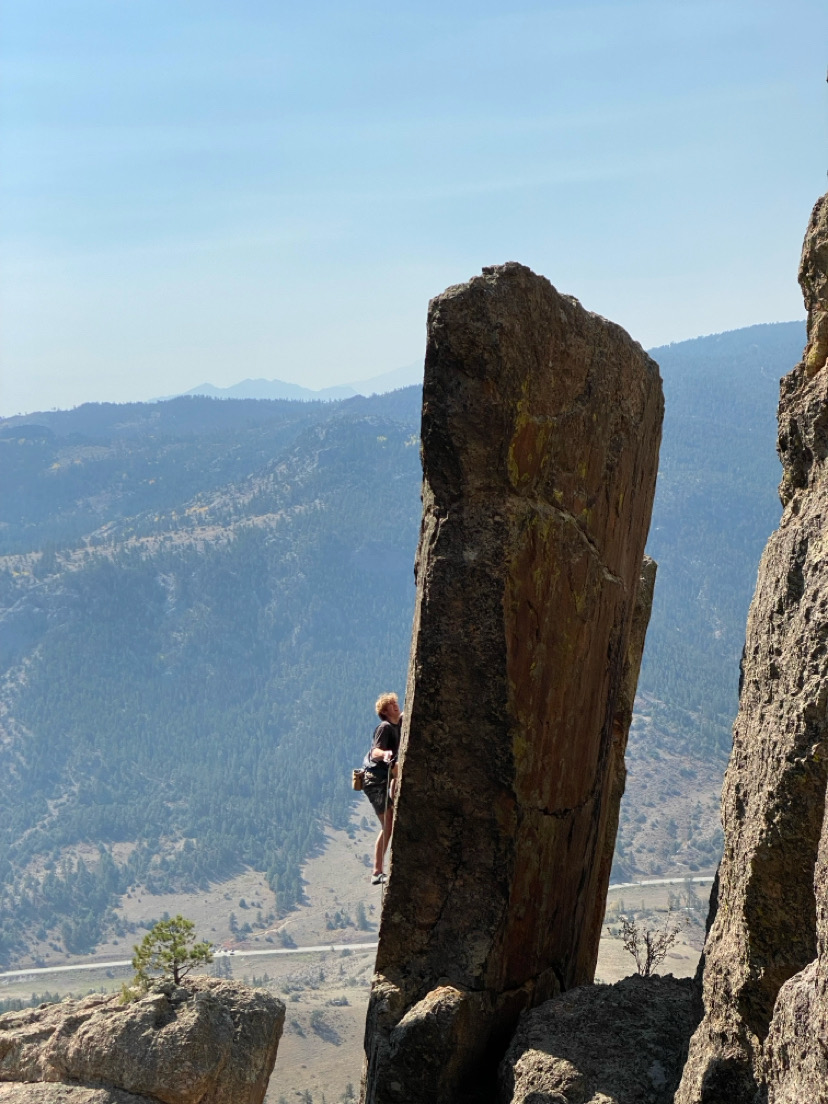

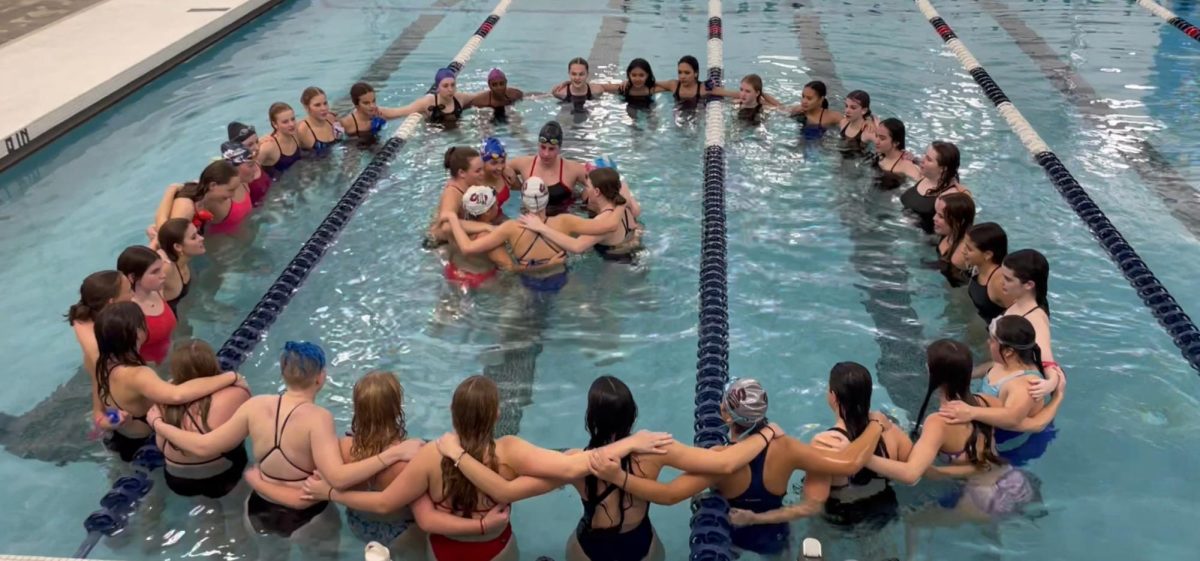
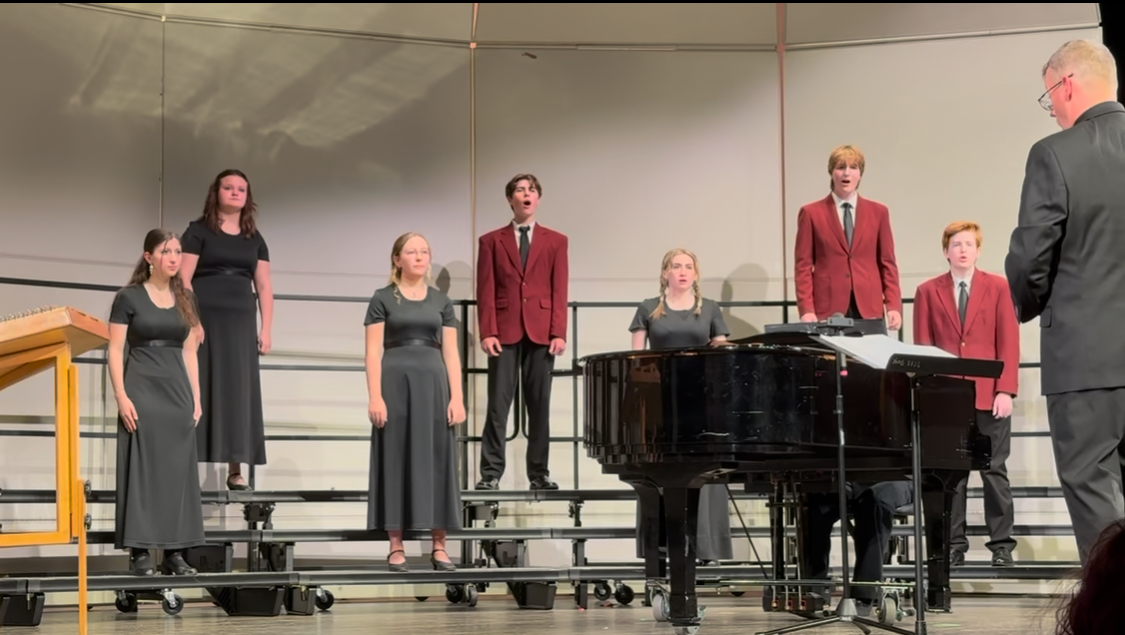
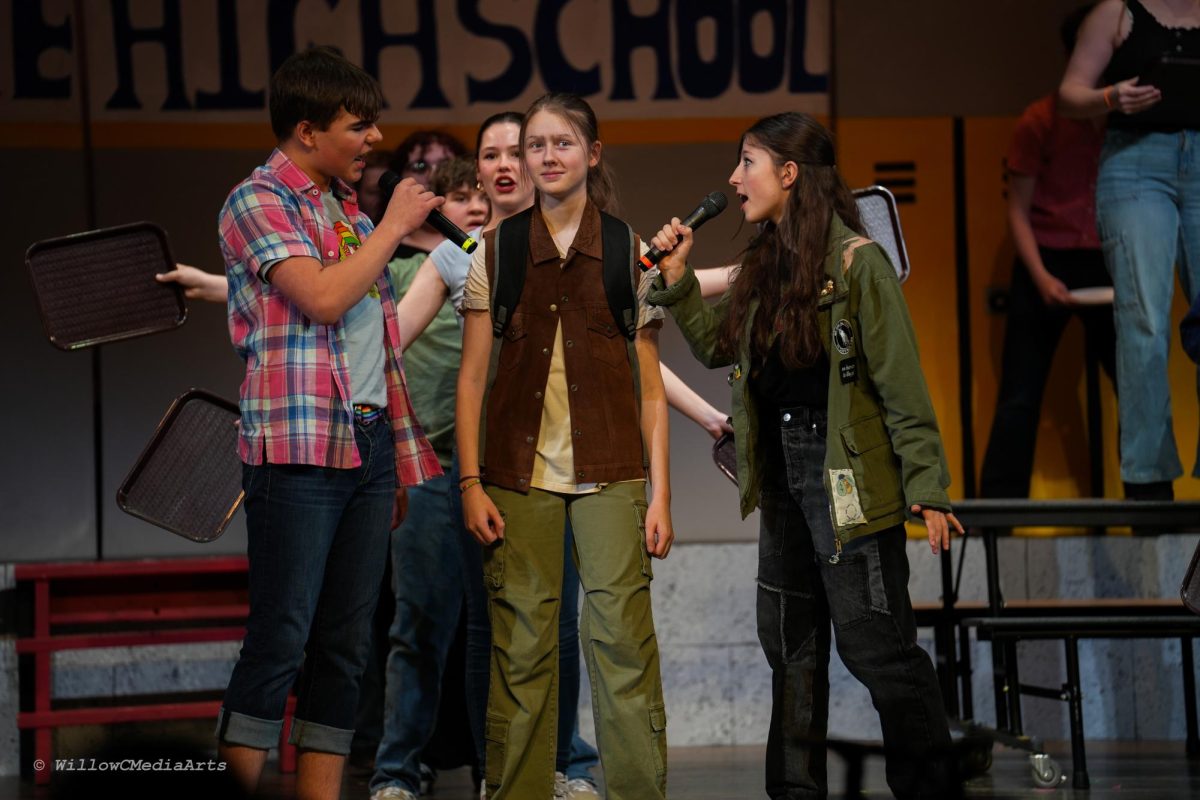
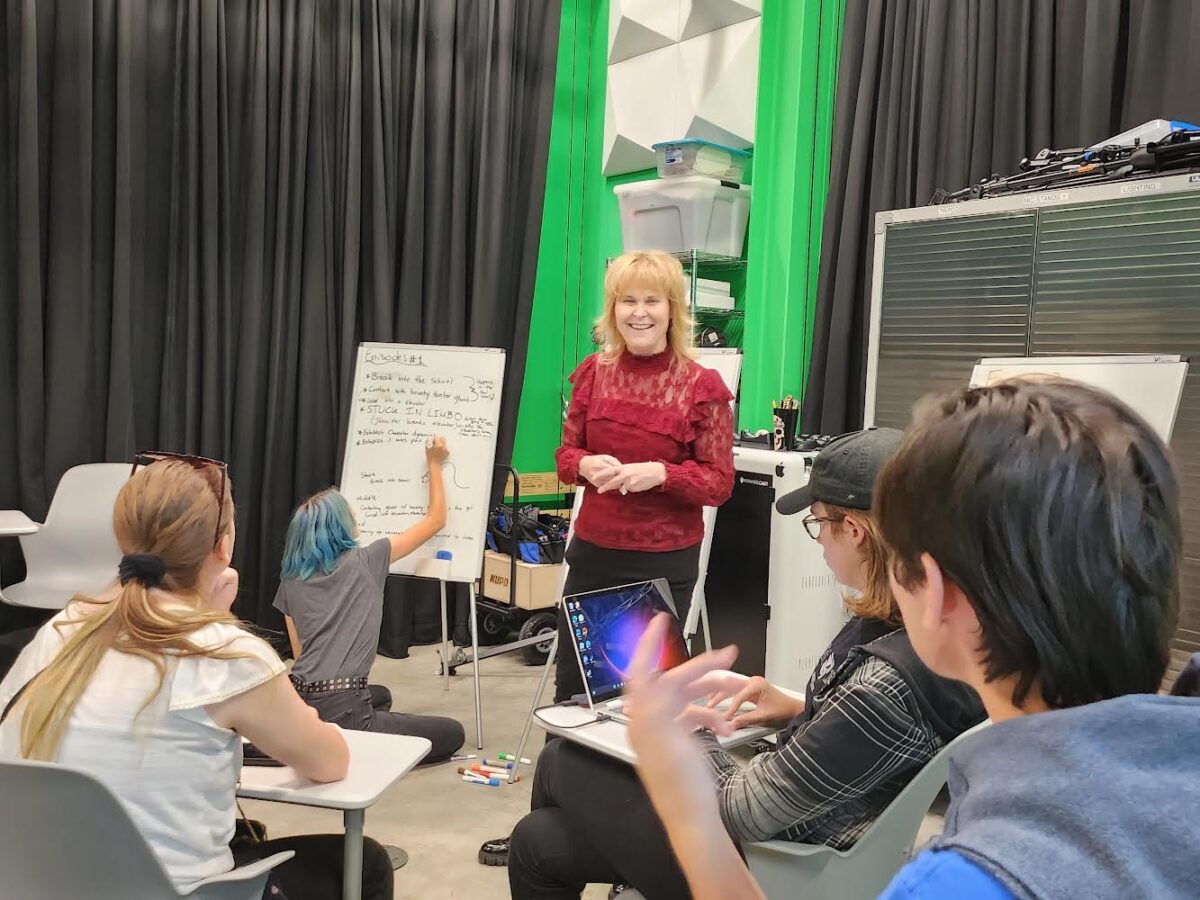

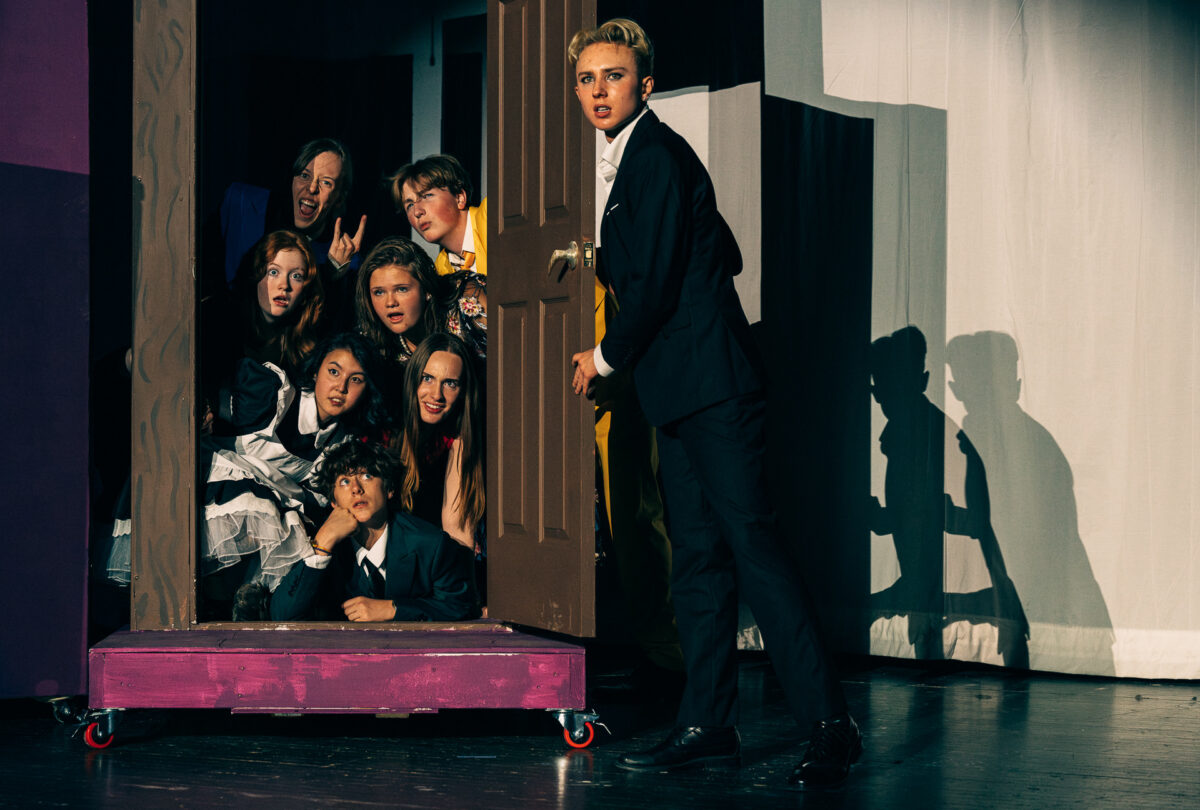
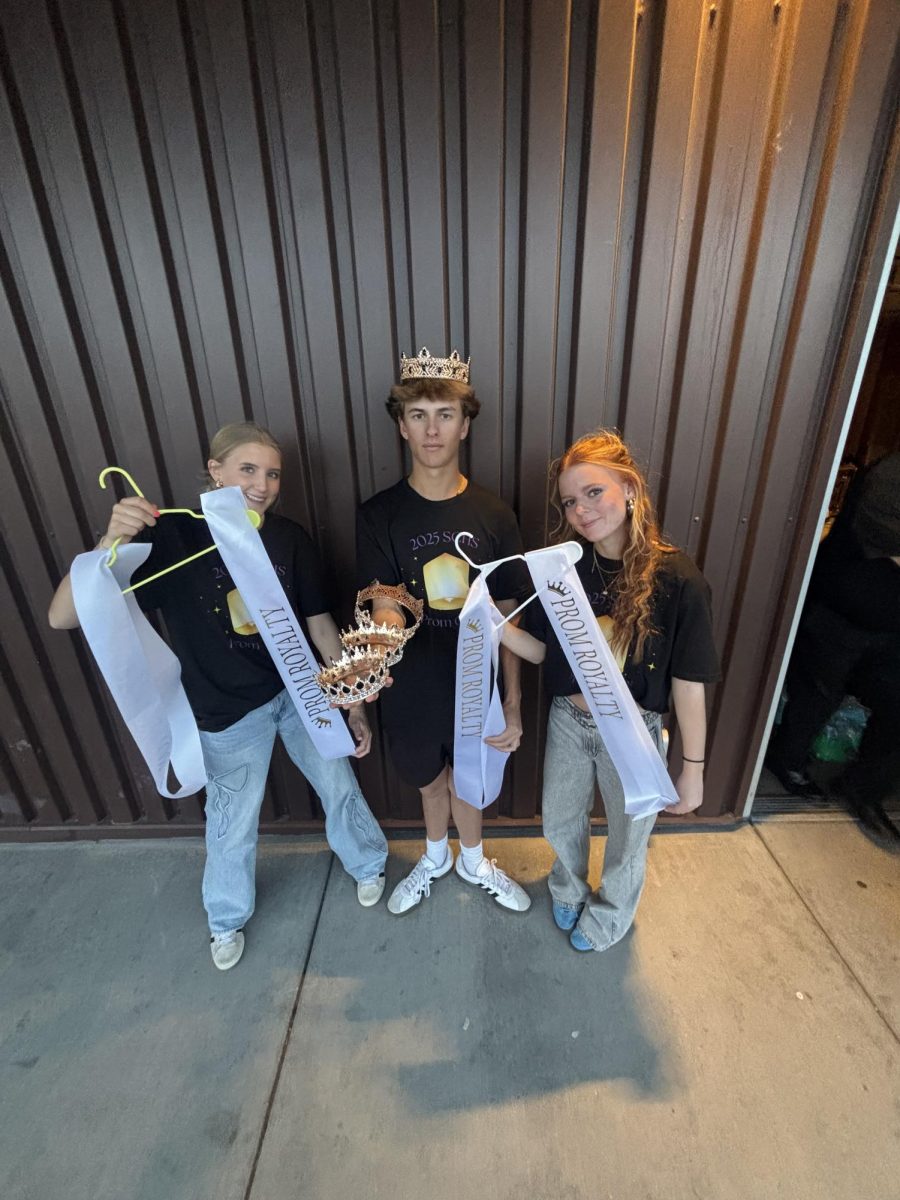
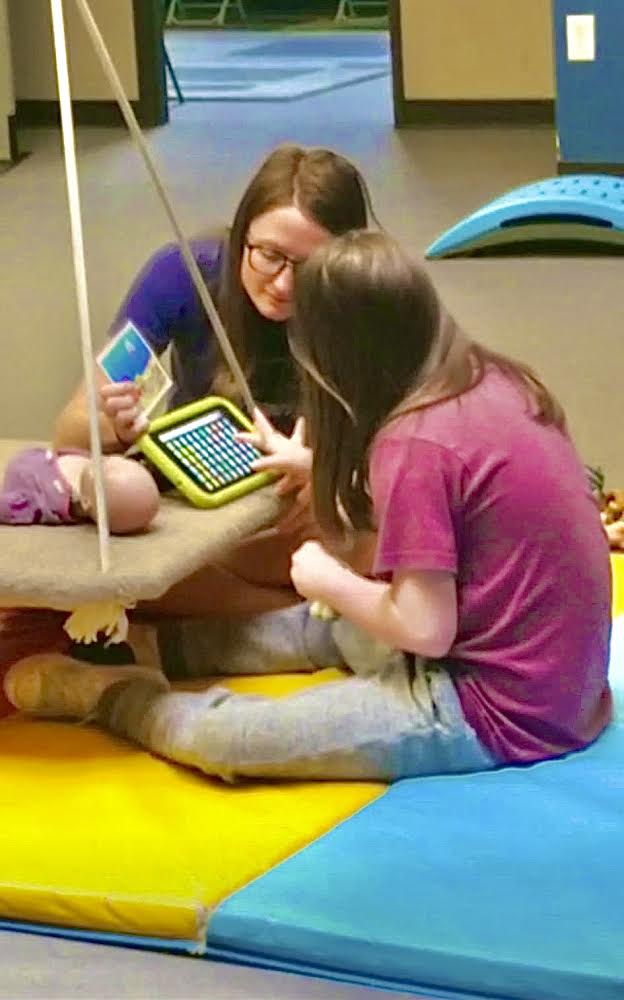
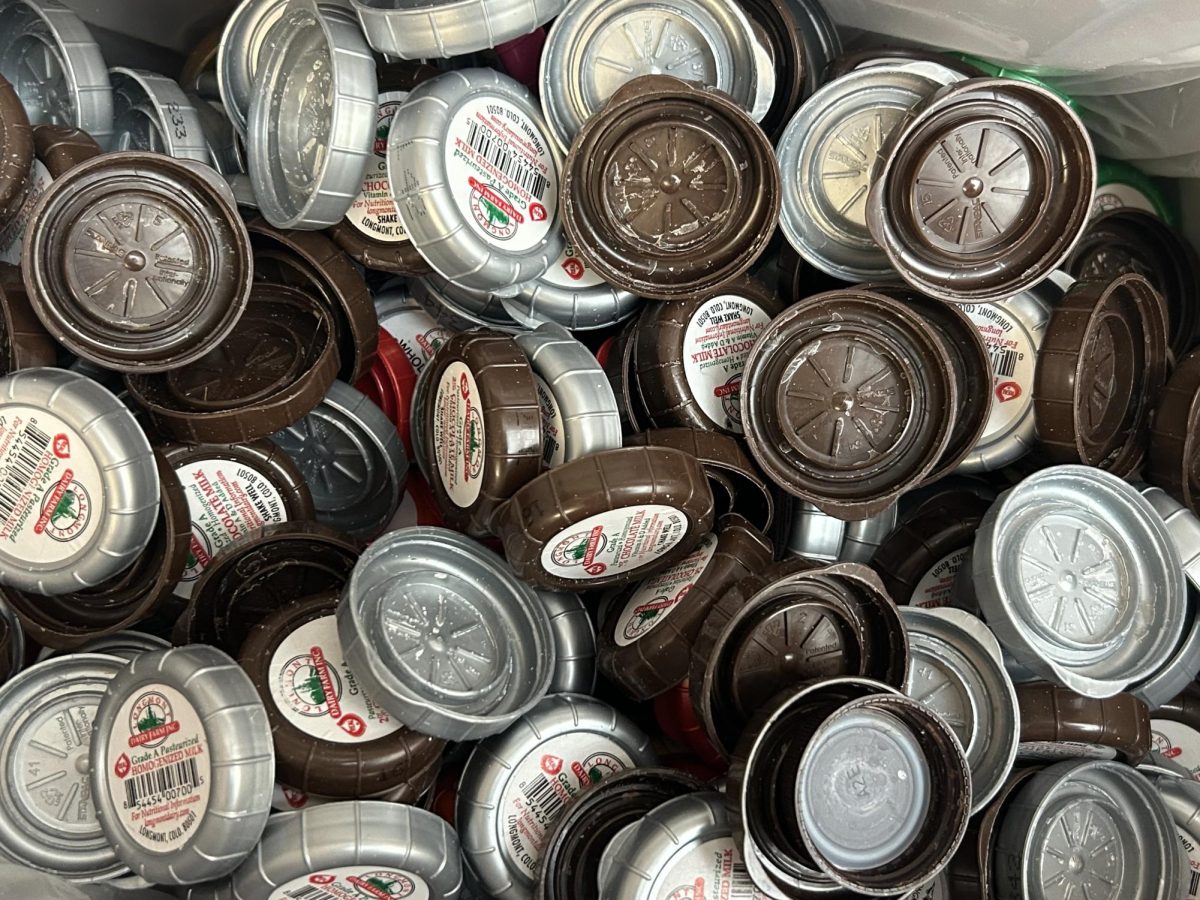
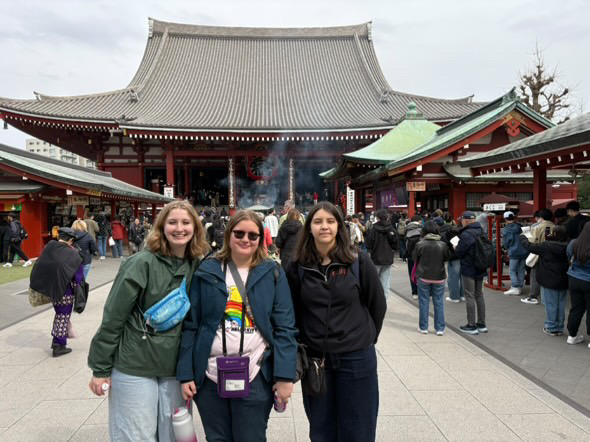
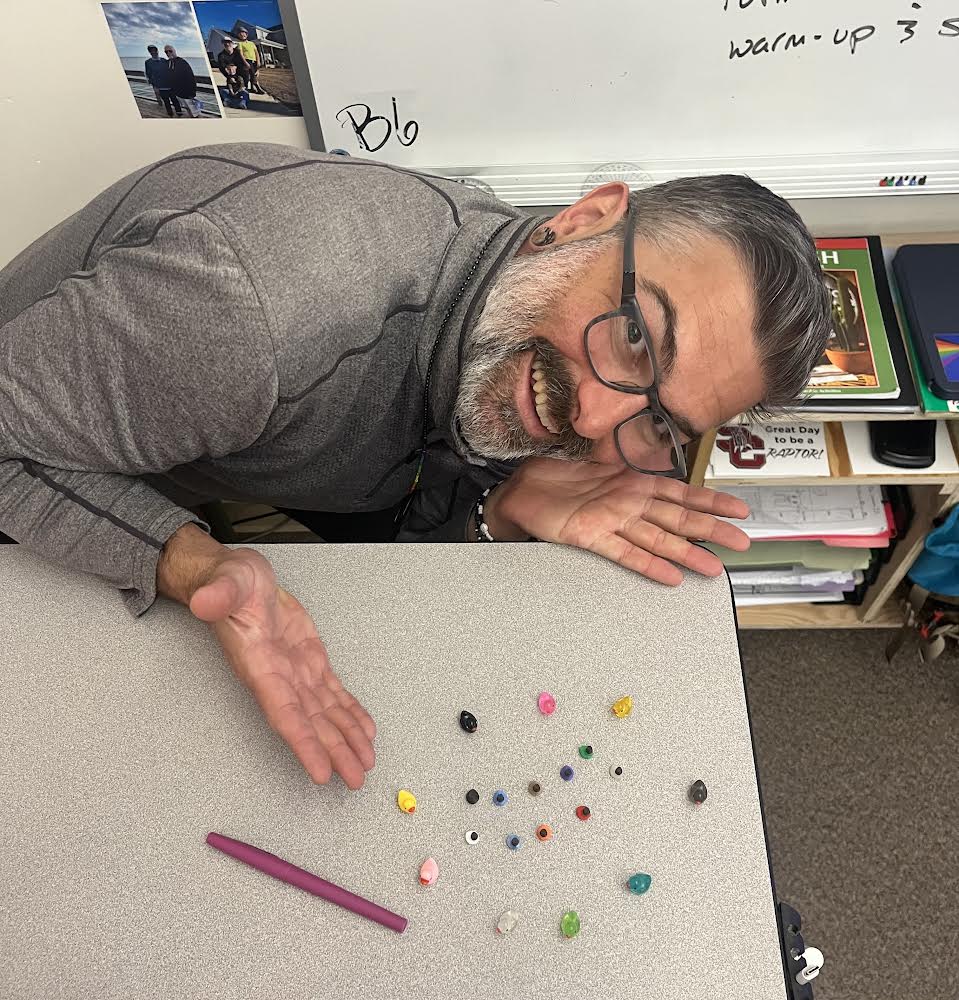
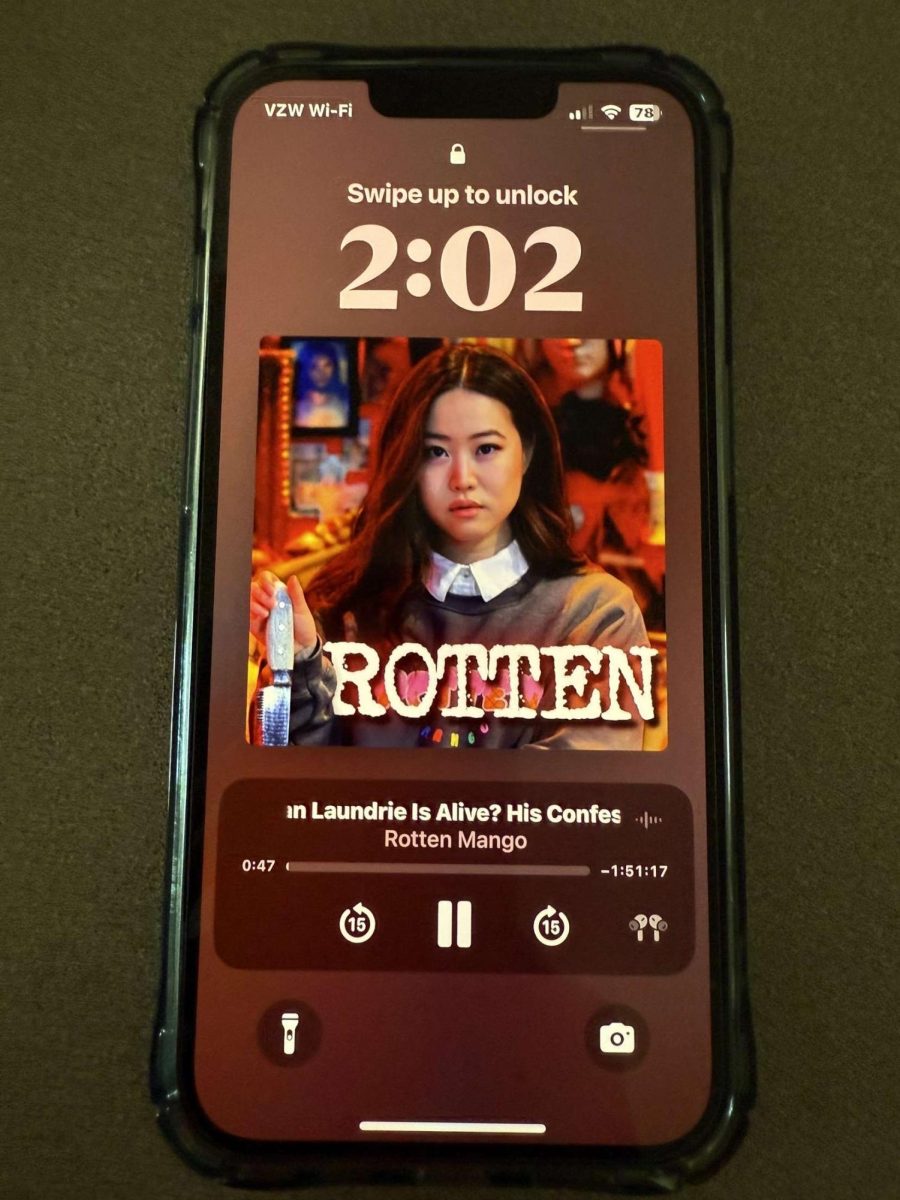
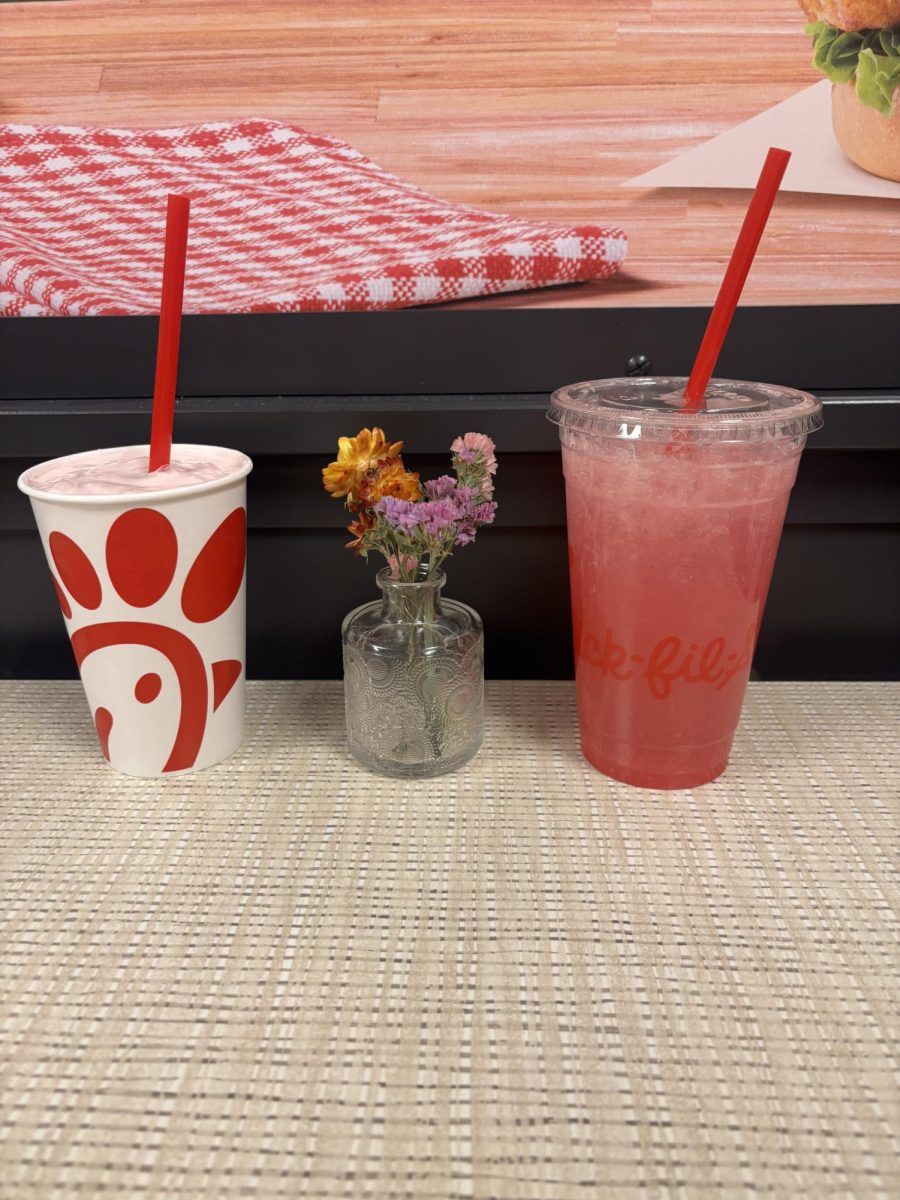
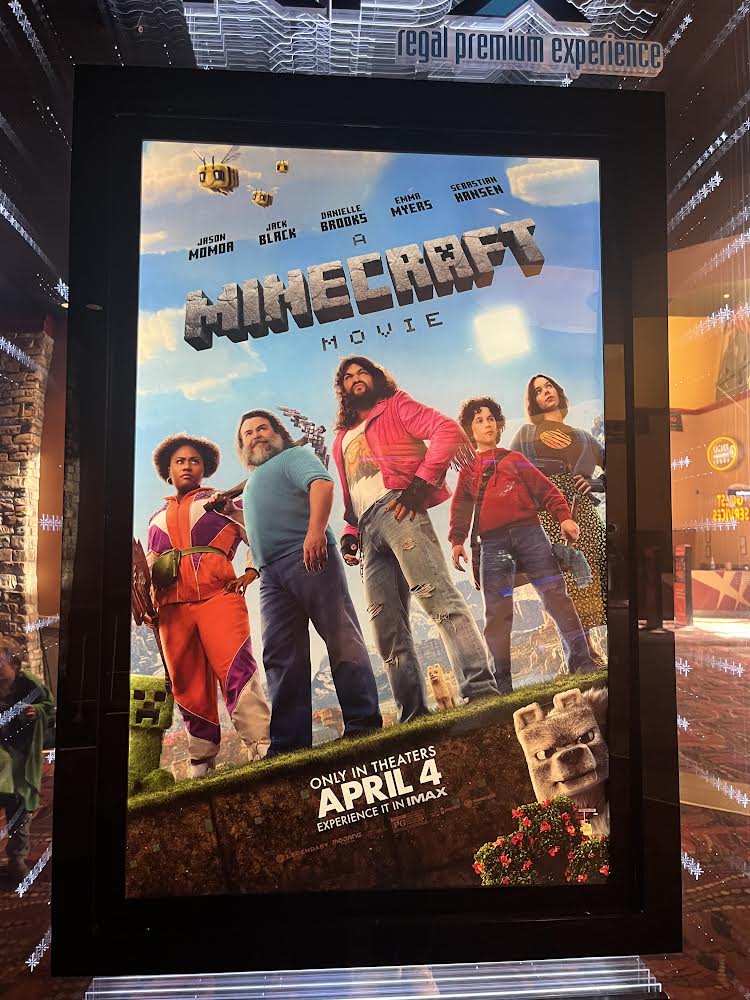
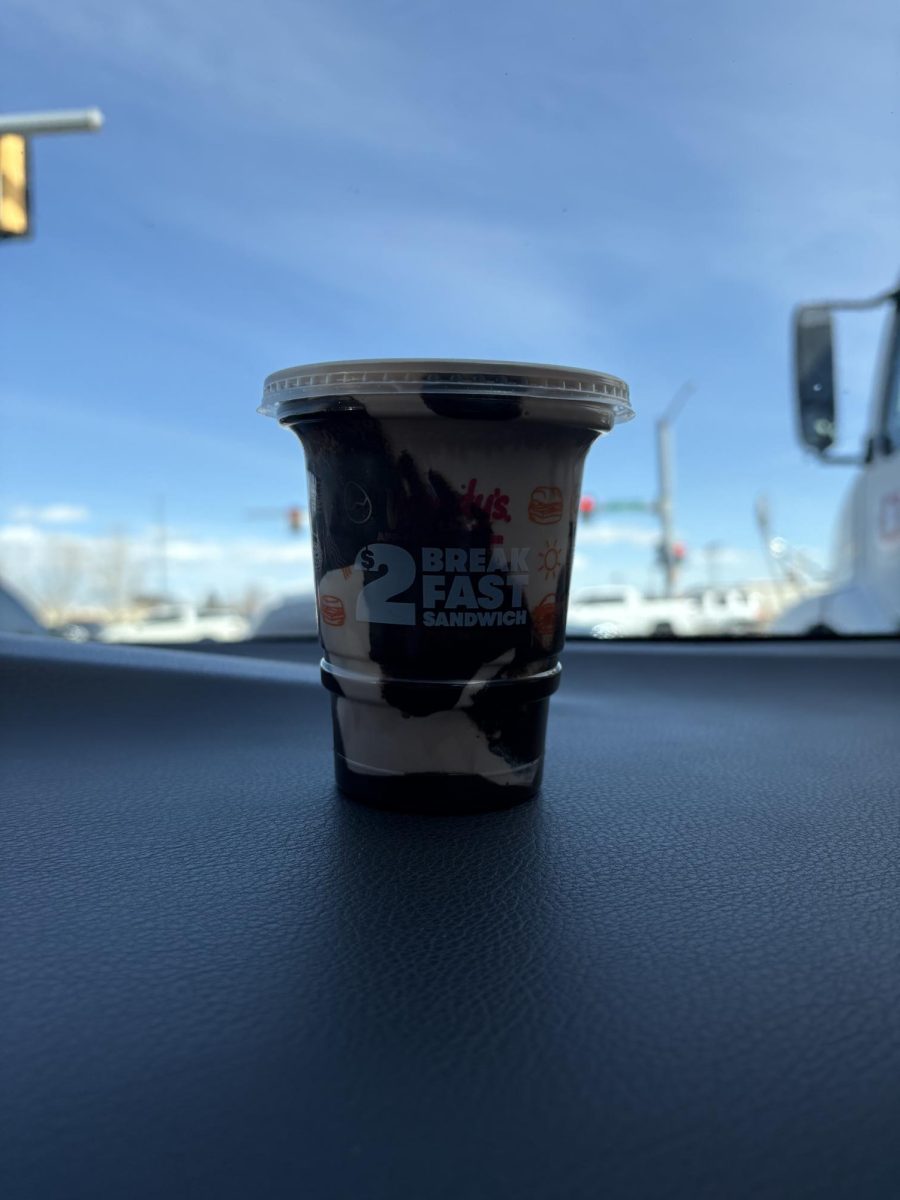
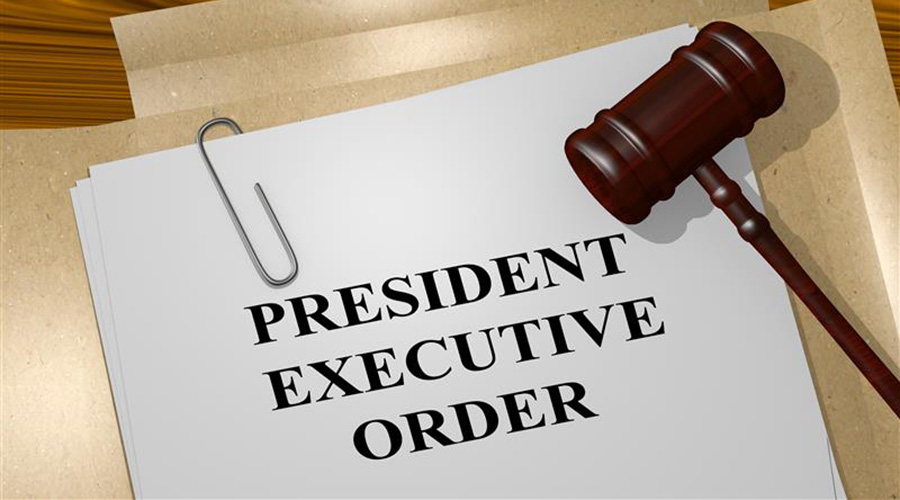
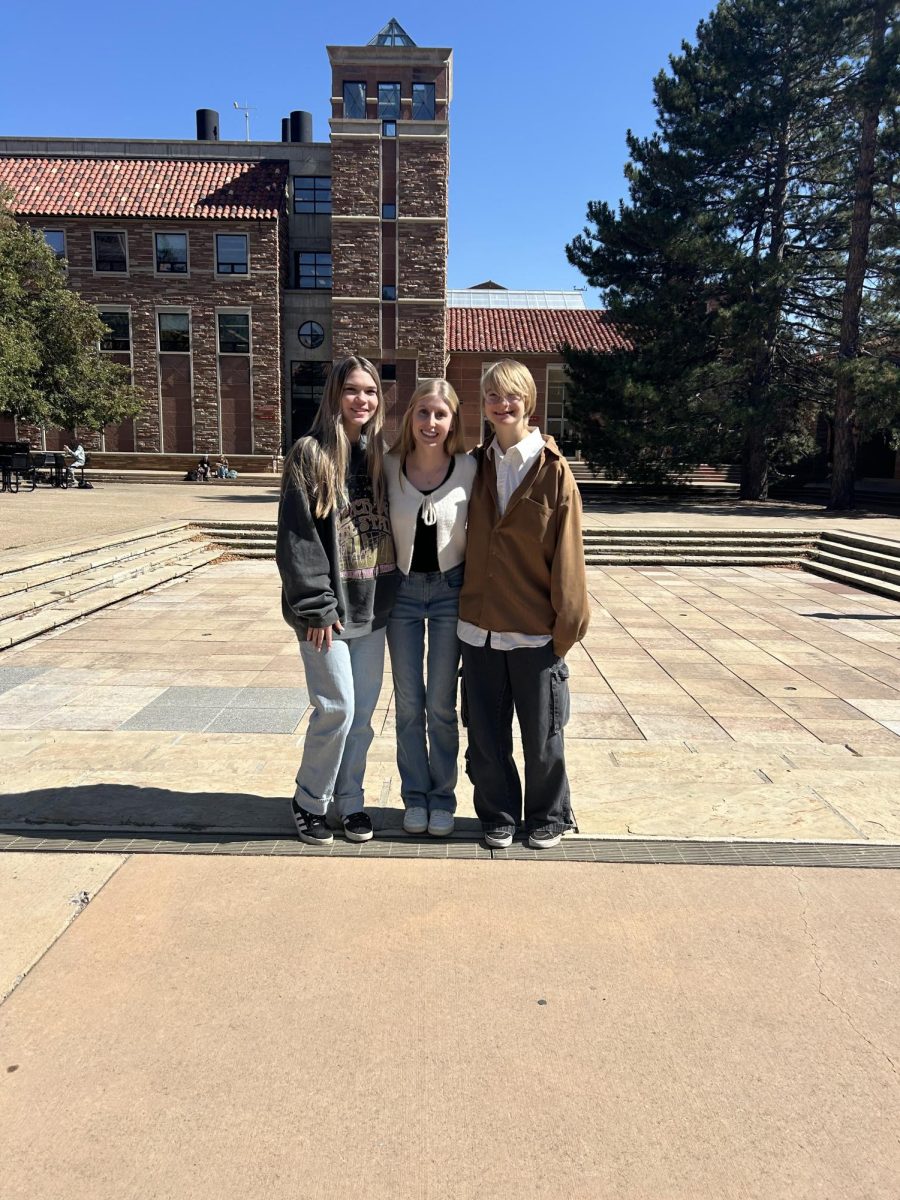
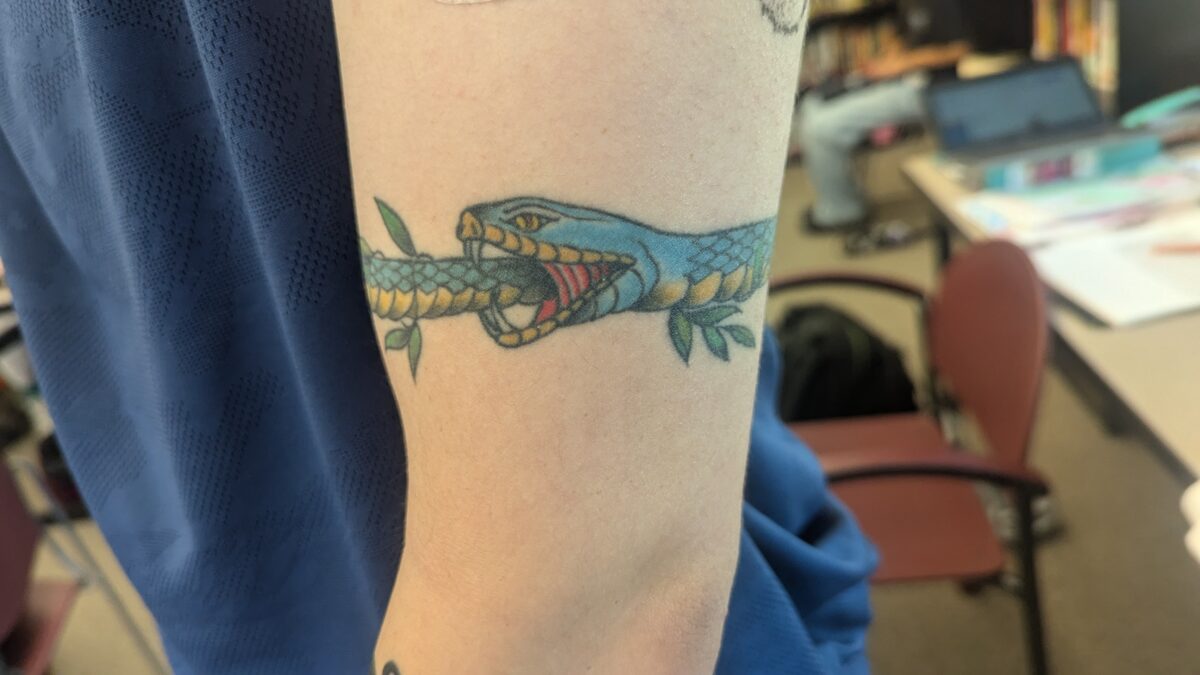
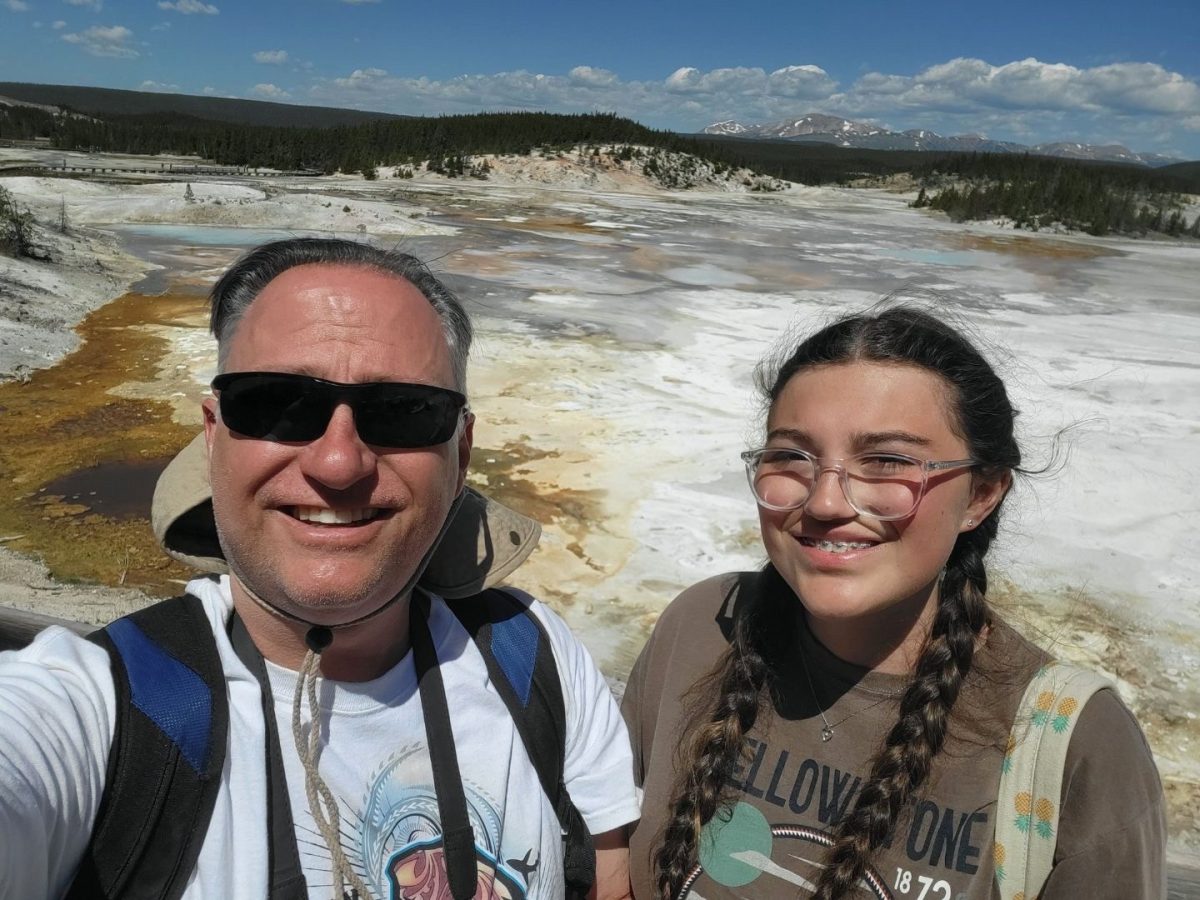
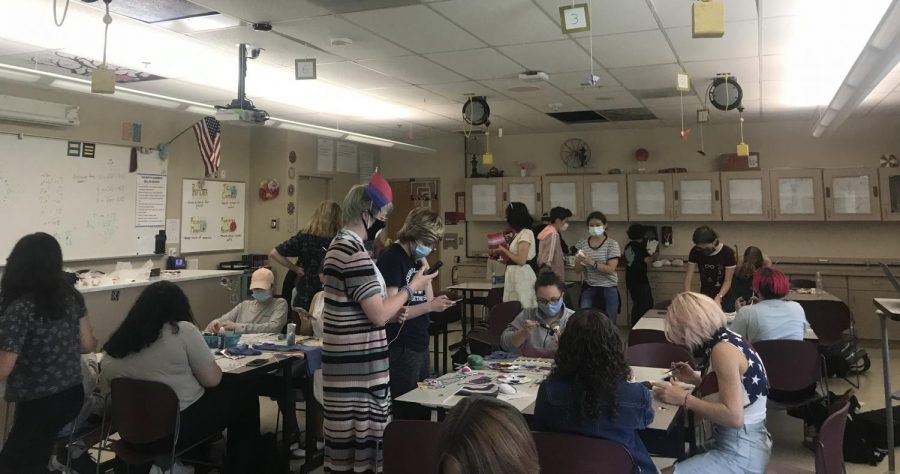
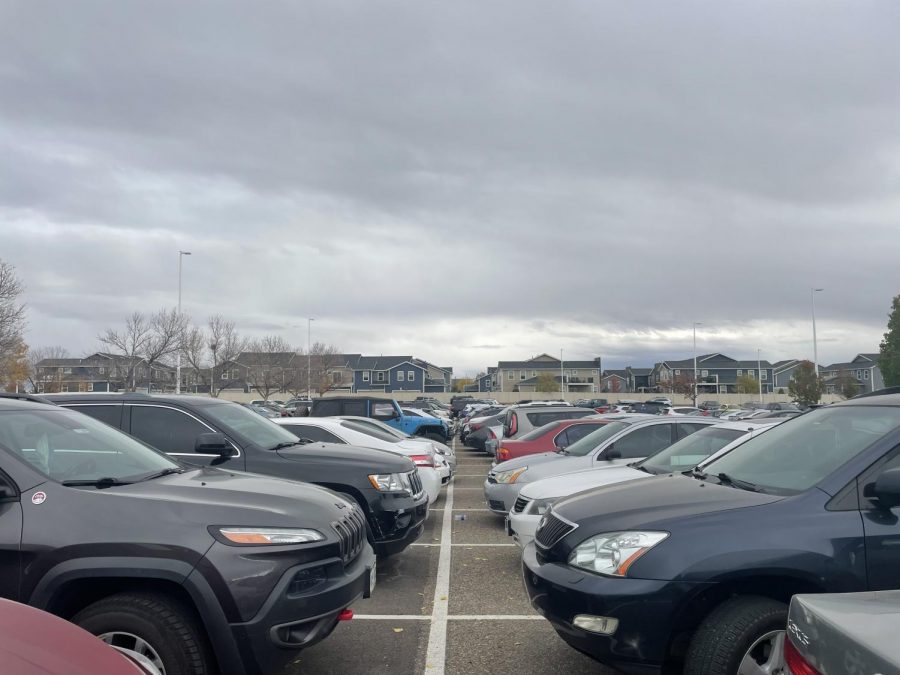
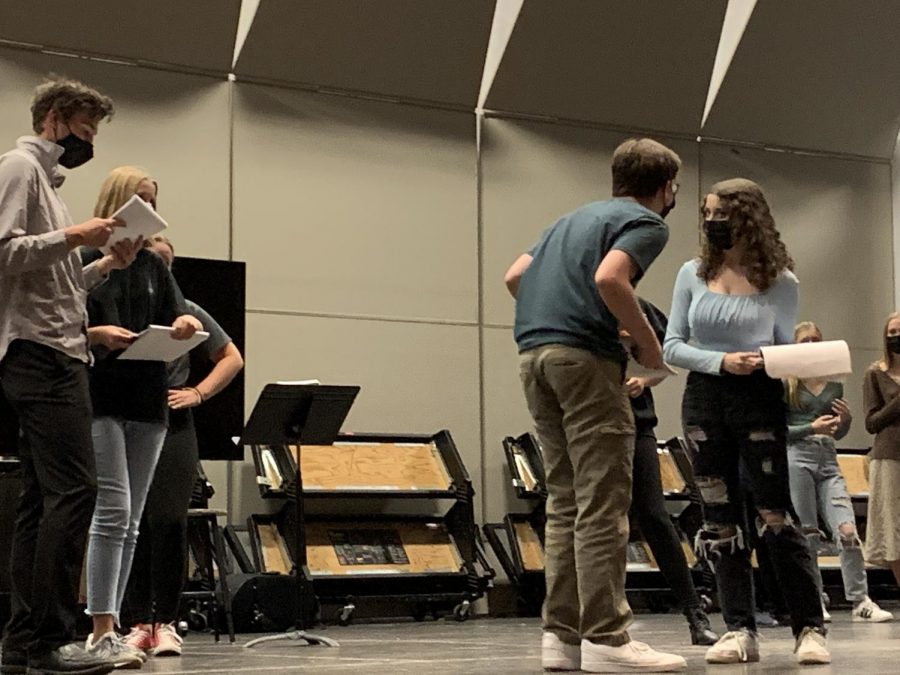
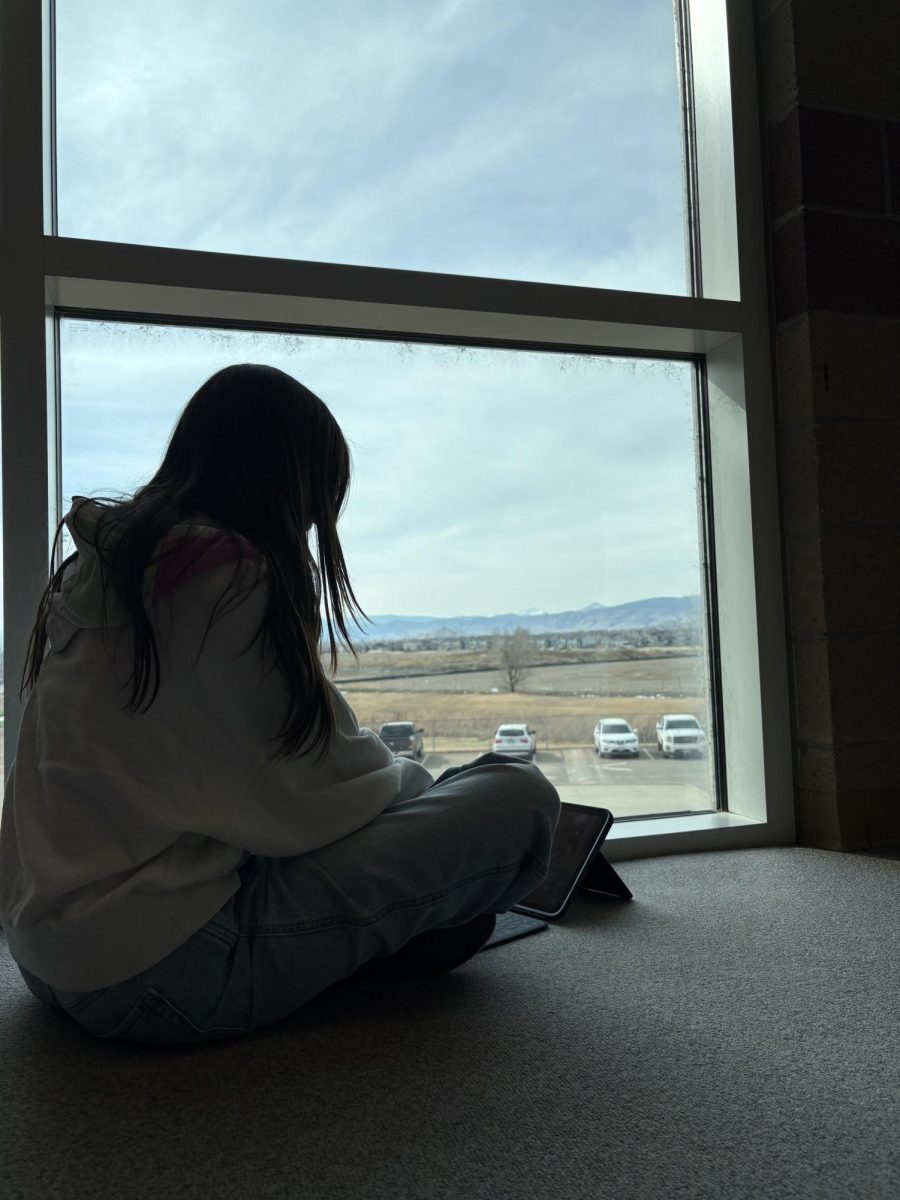

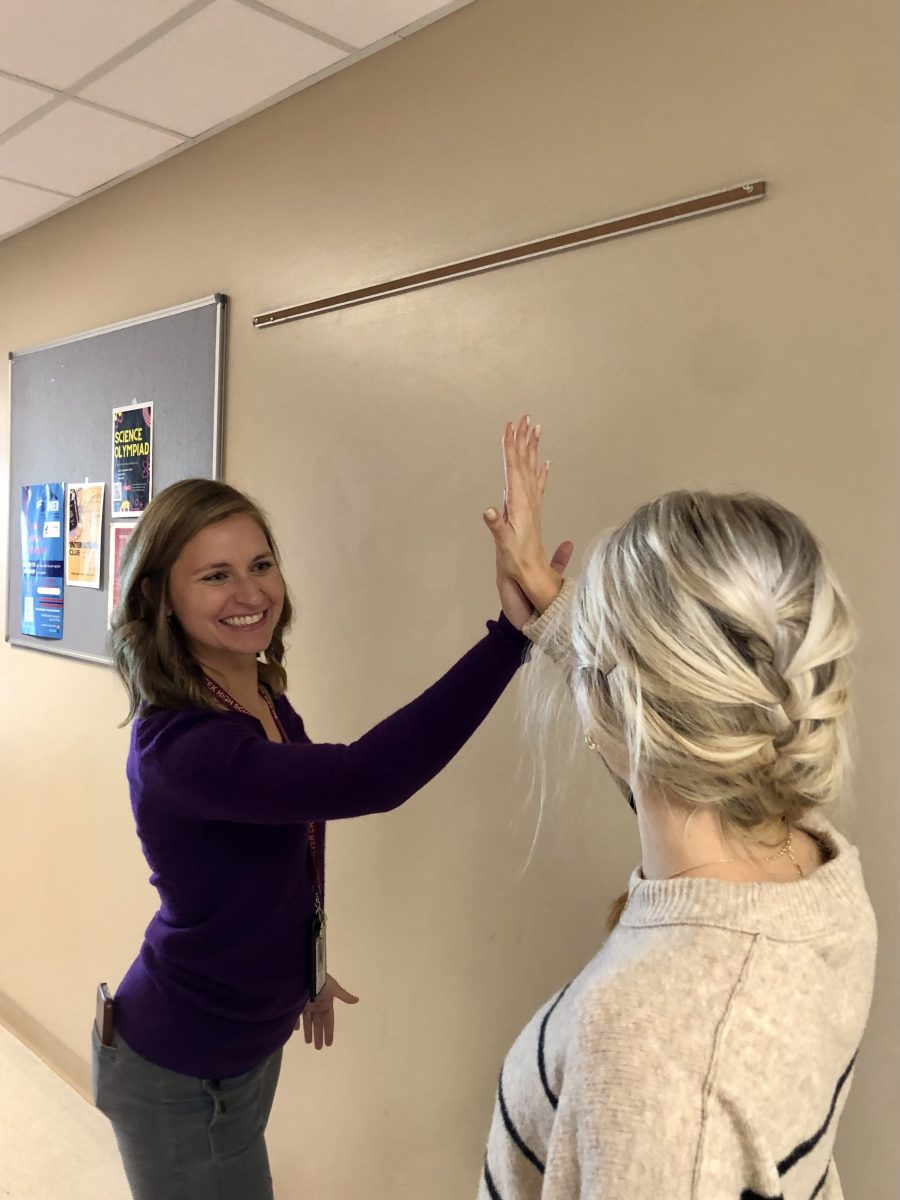
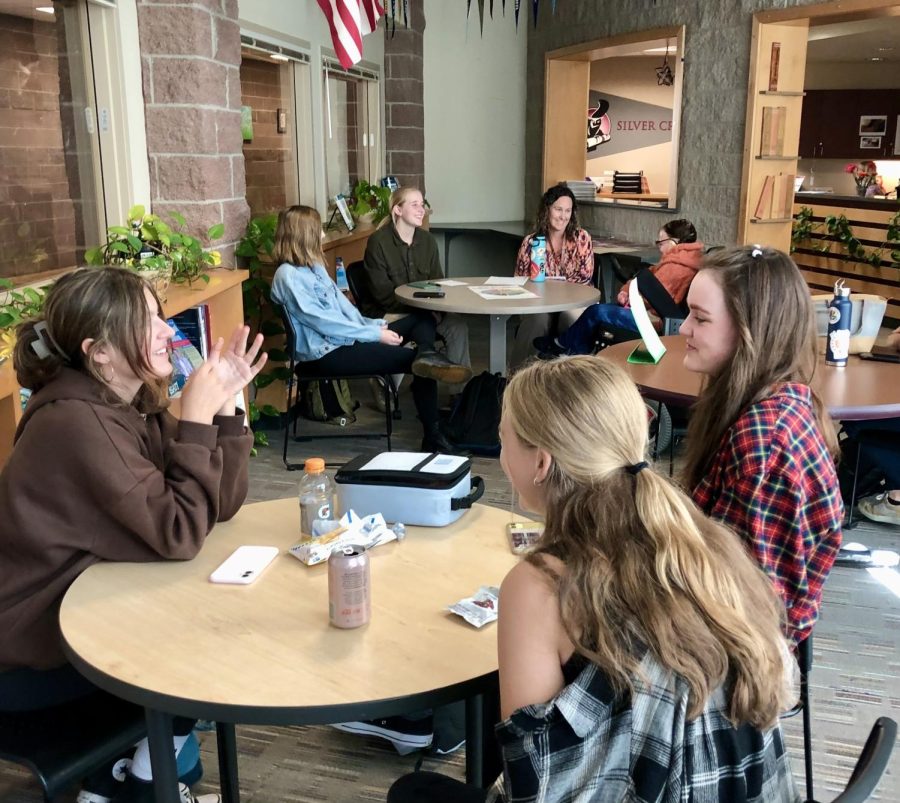
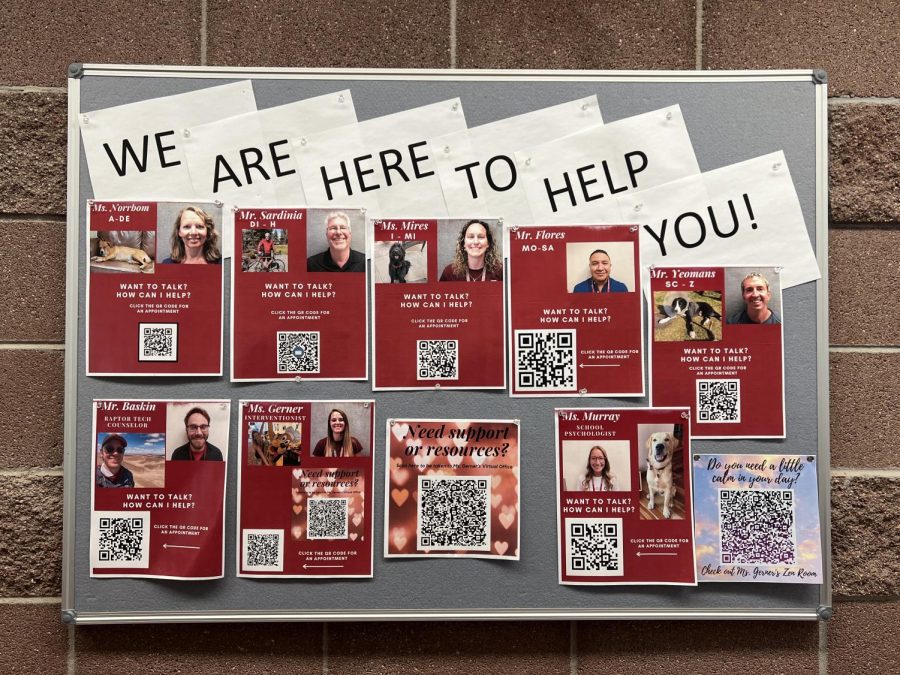
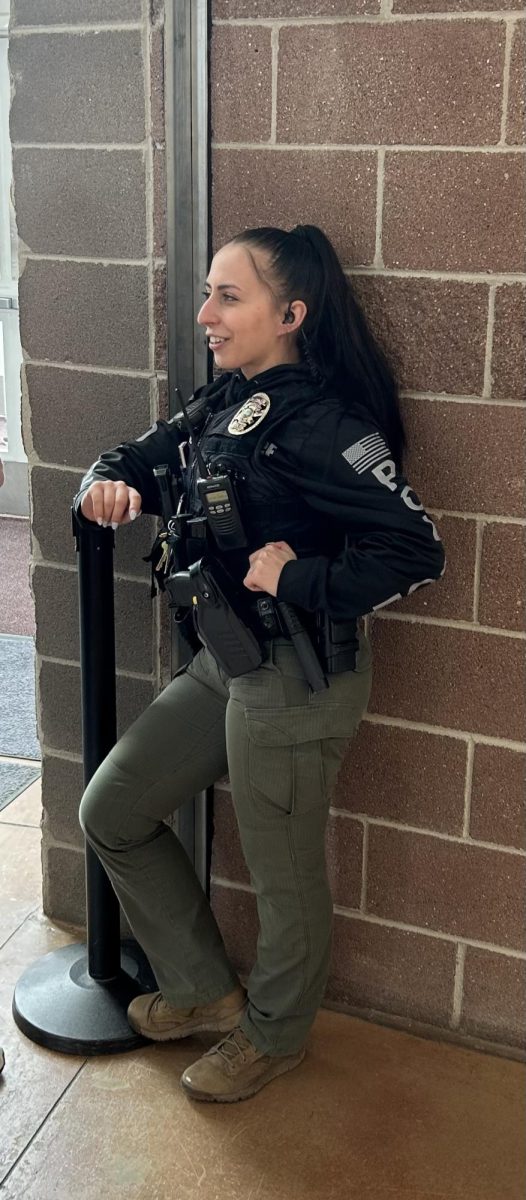

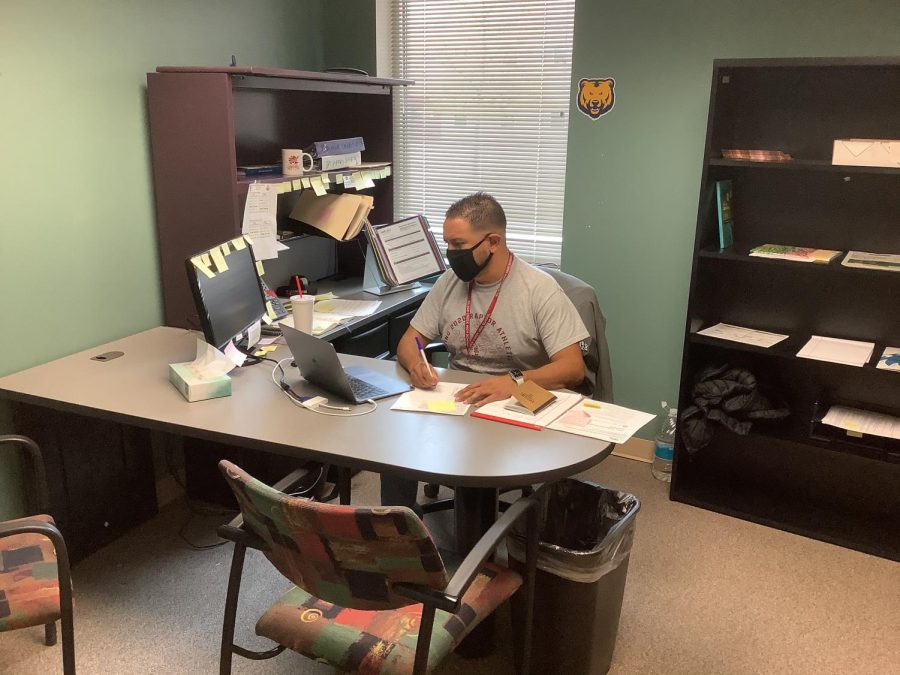
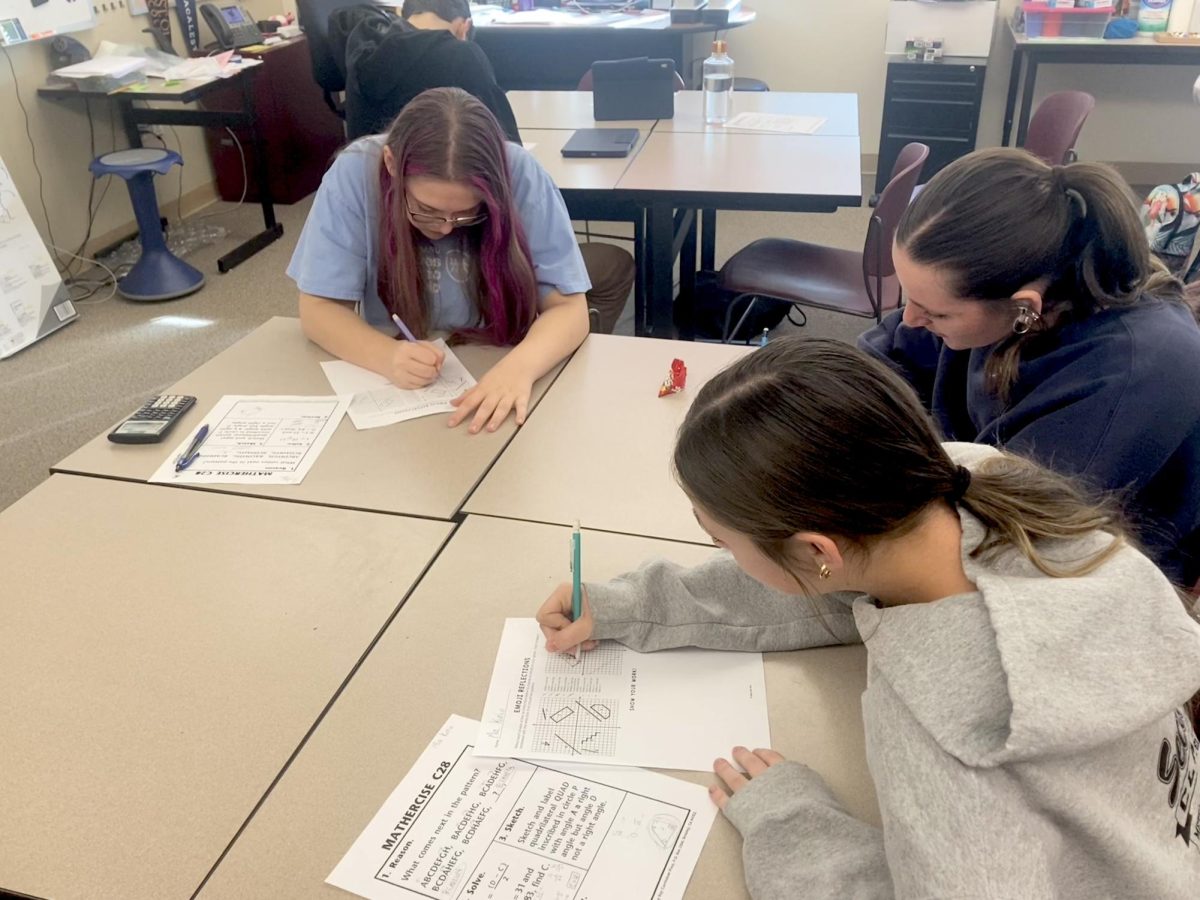
![Hosting the SCLA Casptone Mentor Dinner outside allowed for more attendees on September 27, 2021 at Silver Creek. This event would’ve usually been held inside. According to Lauren Kohn, a SCLA 12 teacher, “If we have a higher number of people, as long as we can host the event outside, then that seems to be keeping every[one] safe”.](https://schsnews.org/wp-content/uploads/2021/11/sxMAIGbSYGodZkqmrvTi5YWcJ1ssWA08ApkeMLpp-900x675.jpeg)

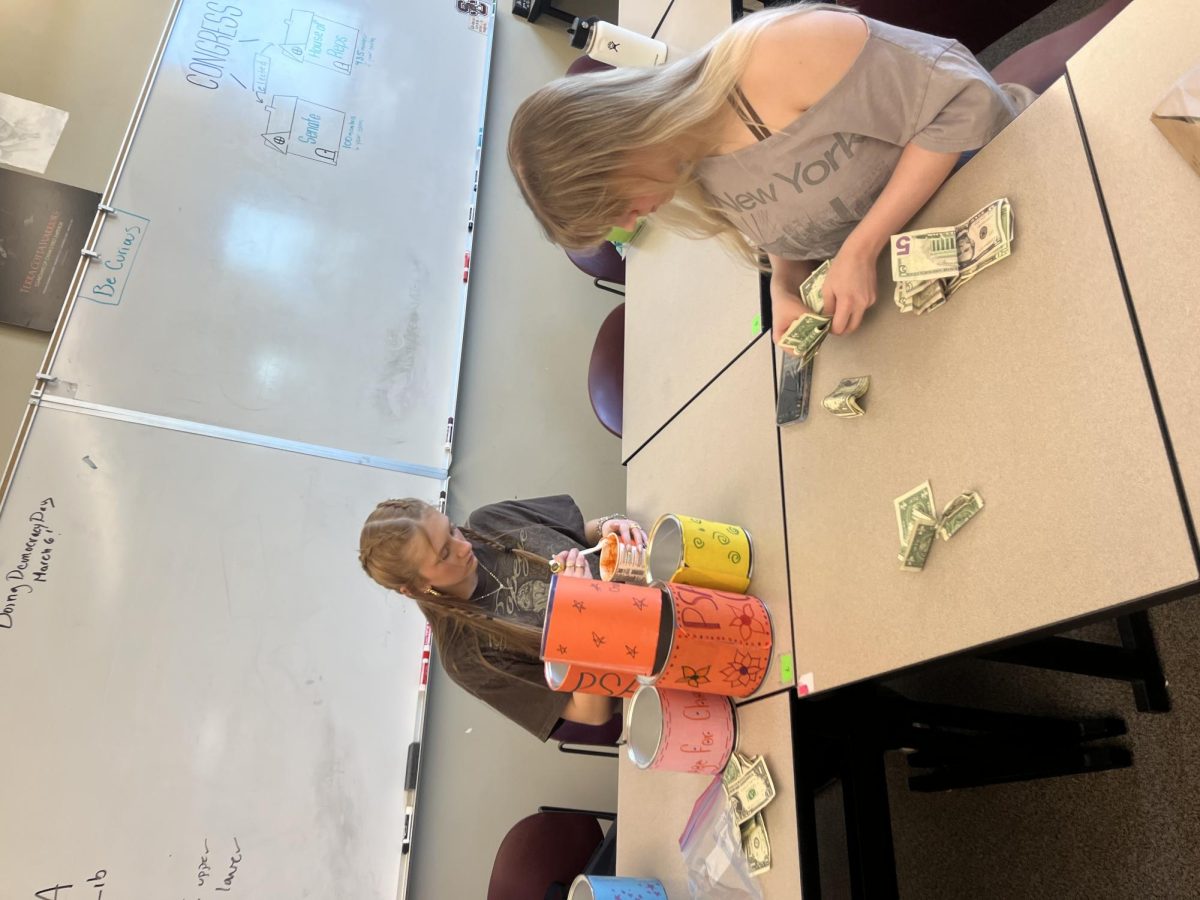
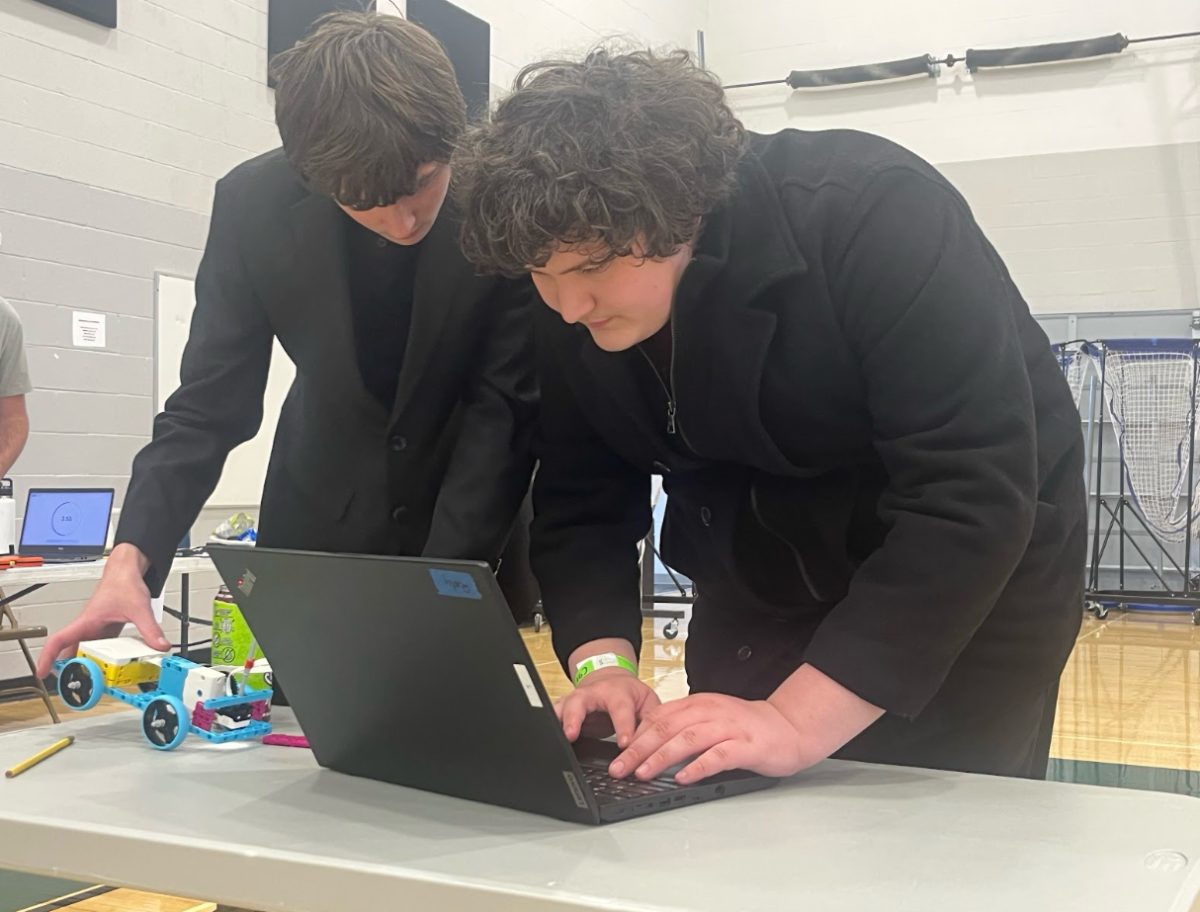

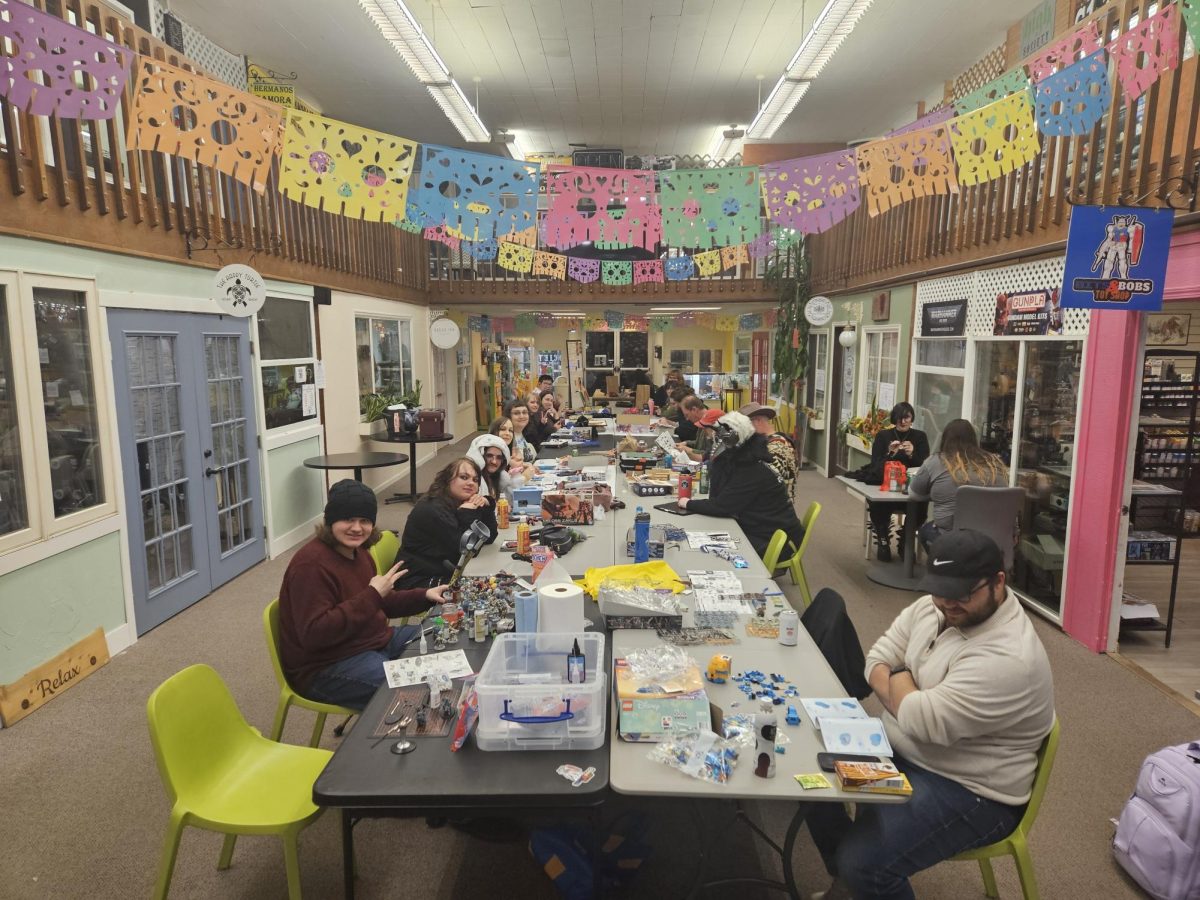
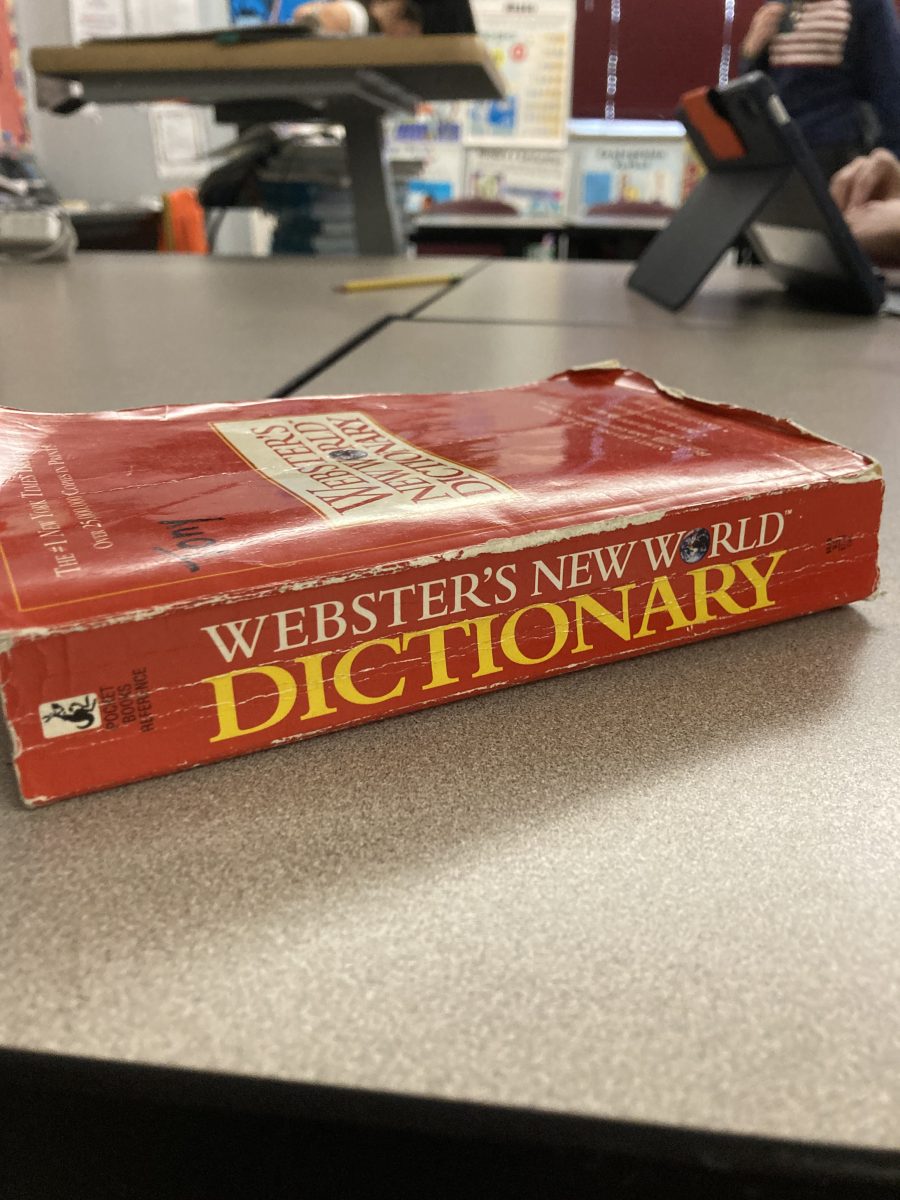


Daphne Moe • Dec 19, 2024 at 9:55 am
Way to be on Best of Snow!! This is a great article 🙂